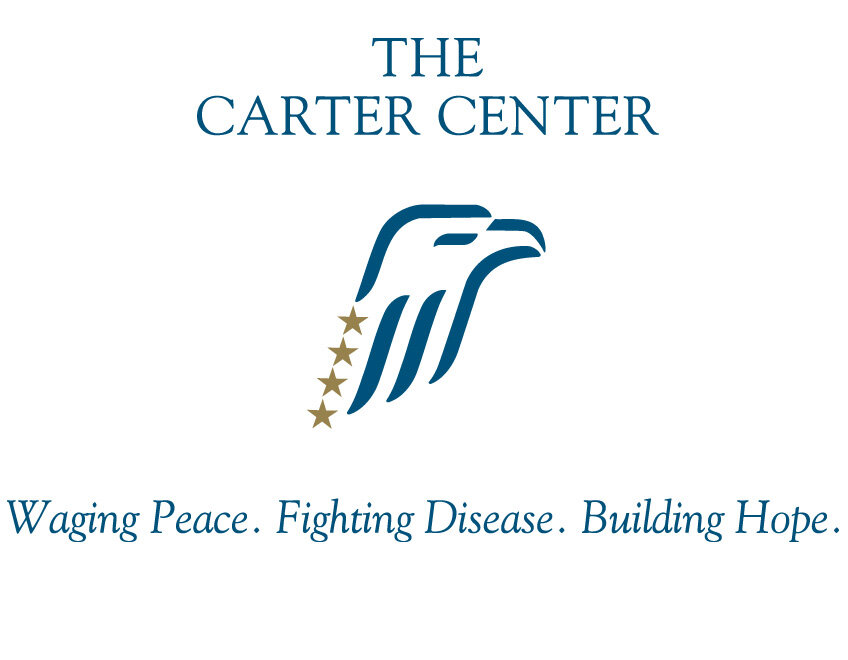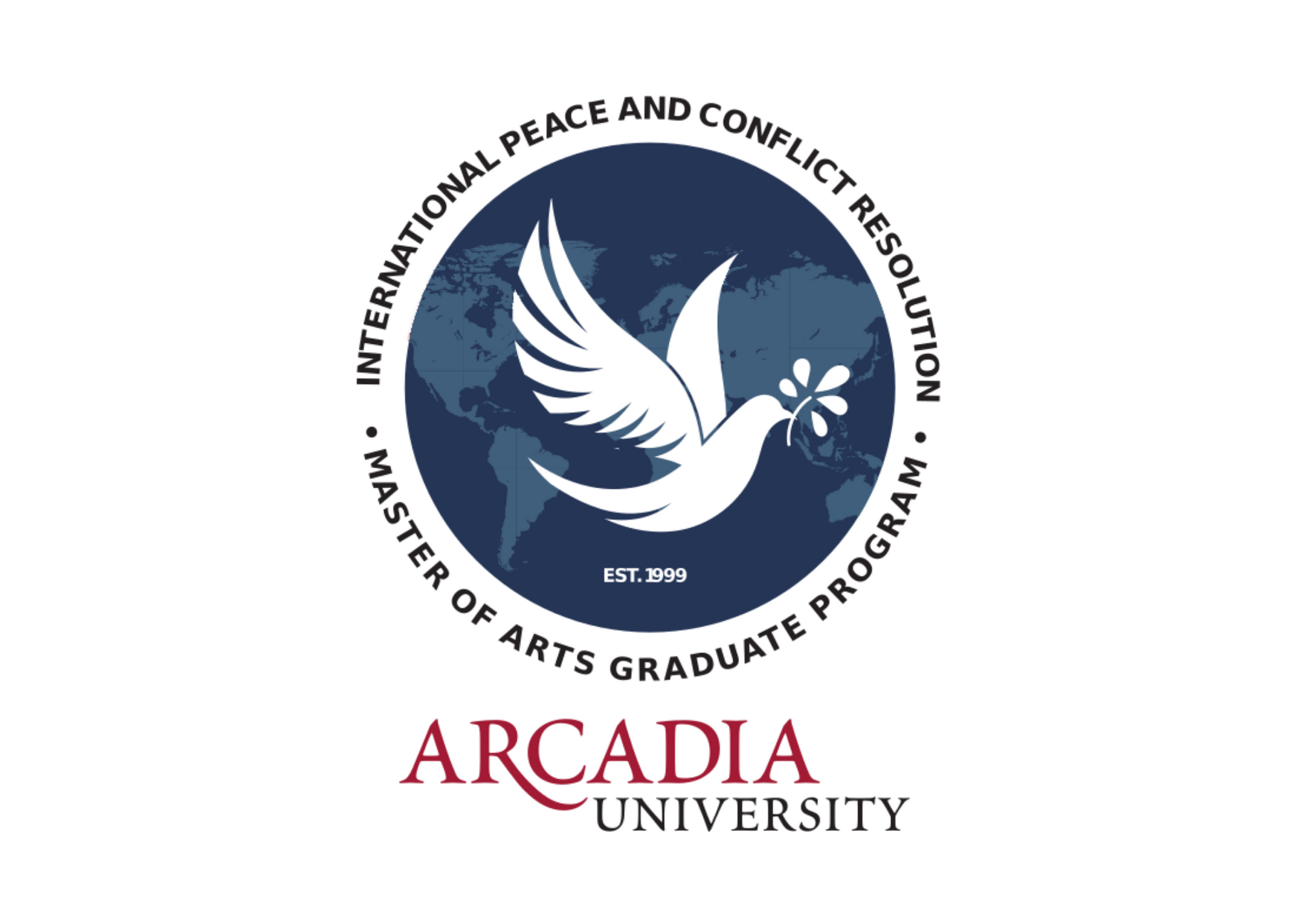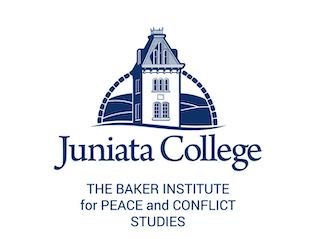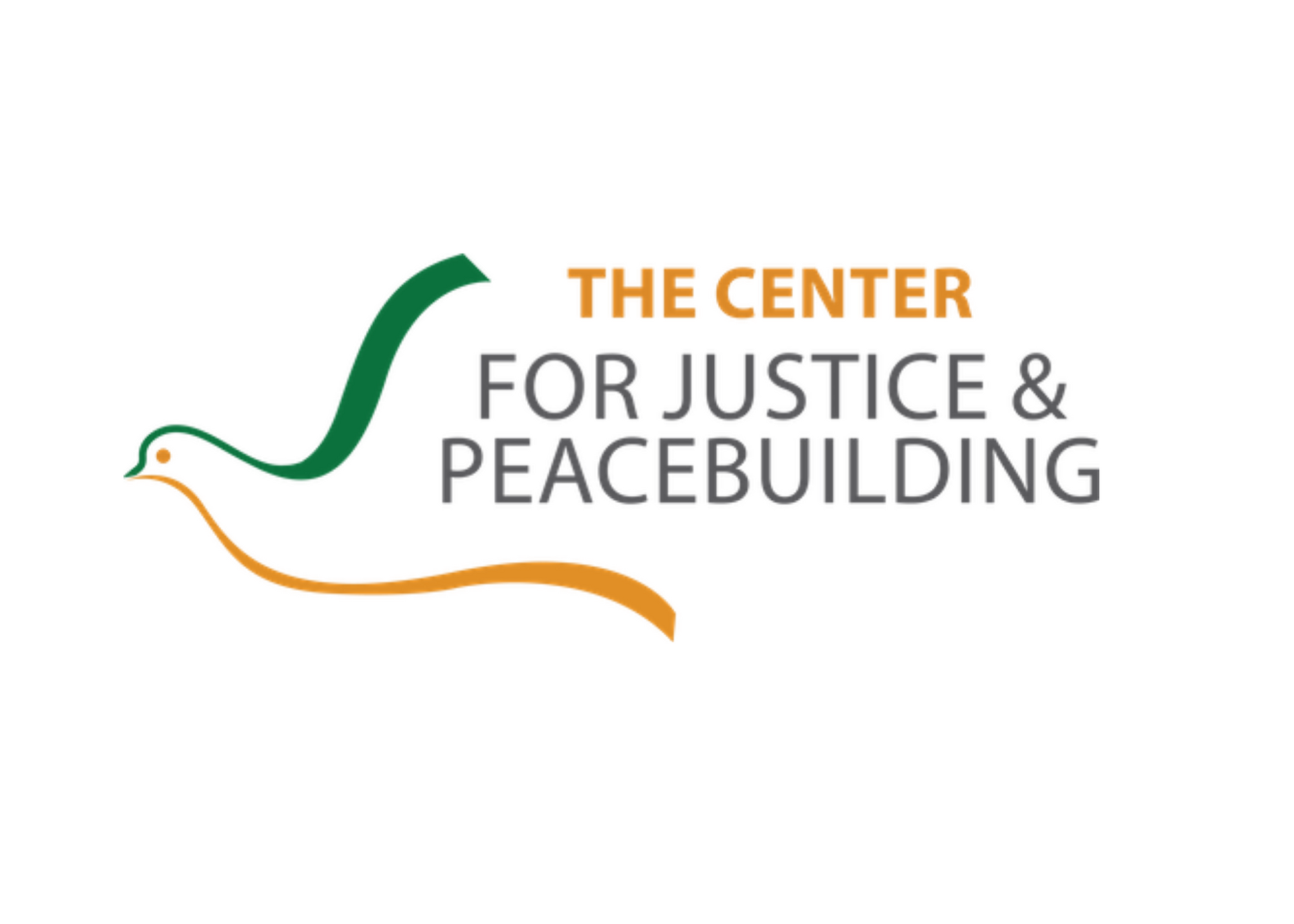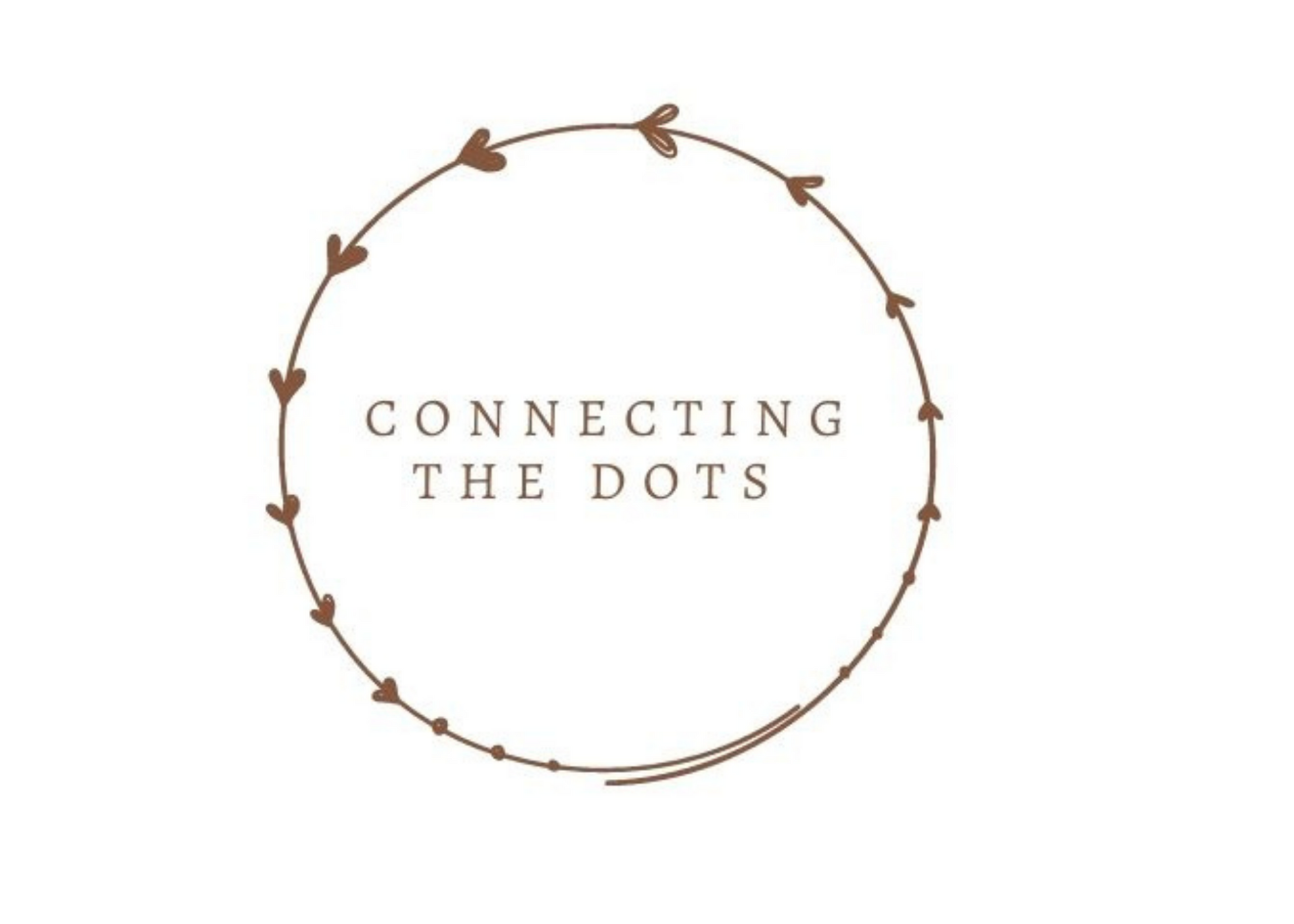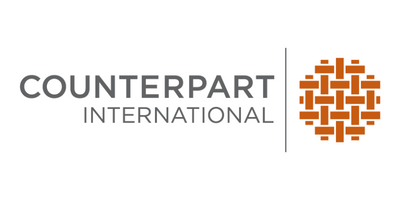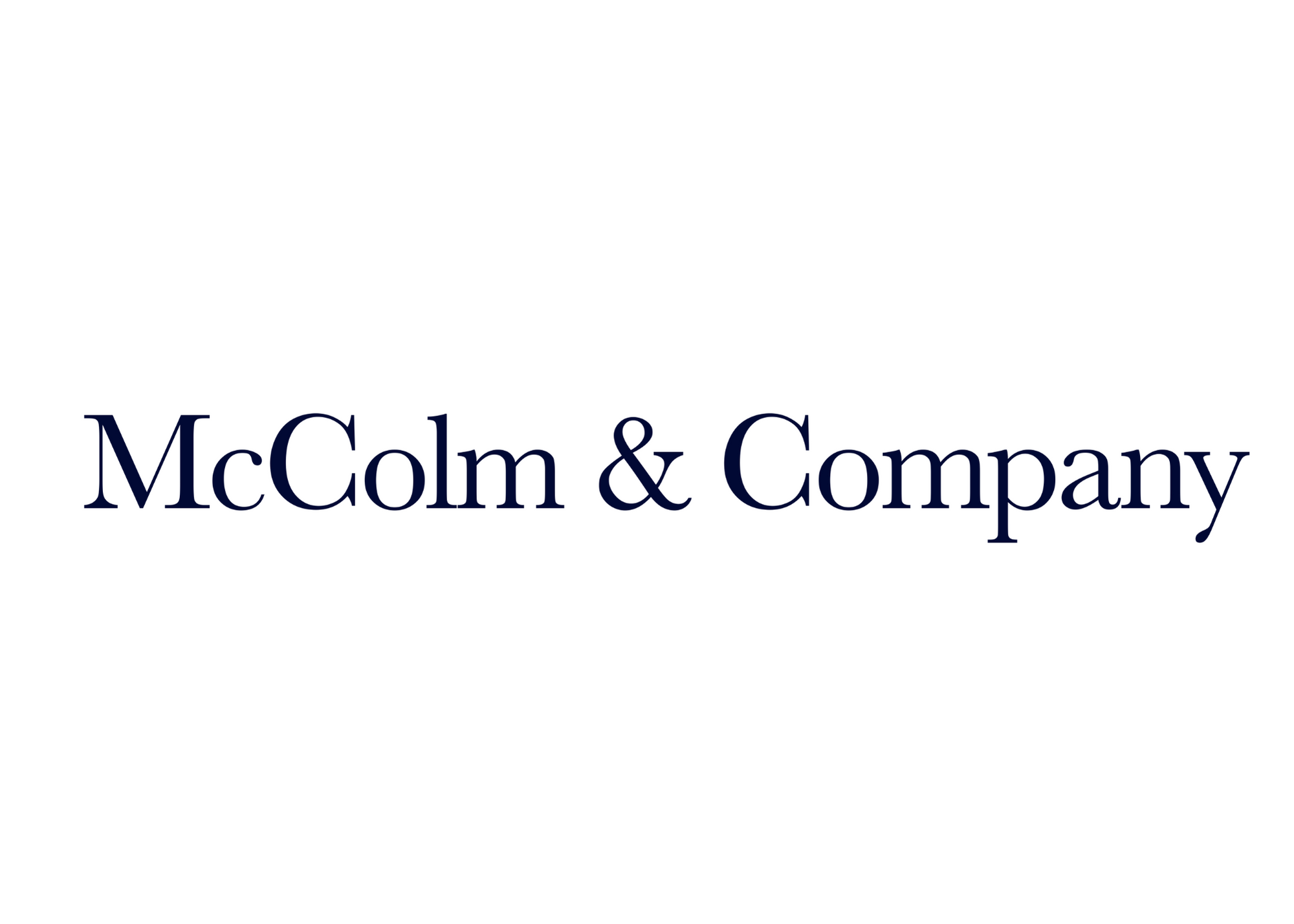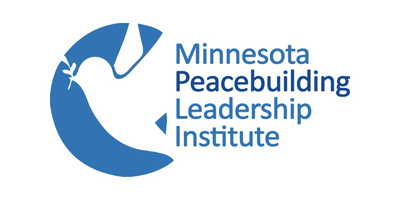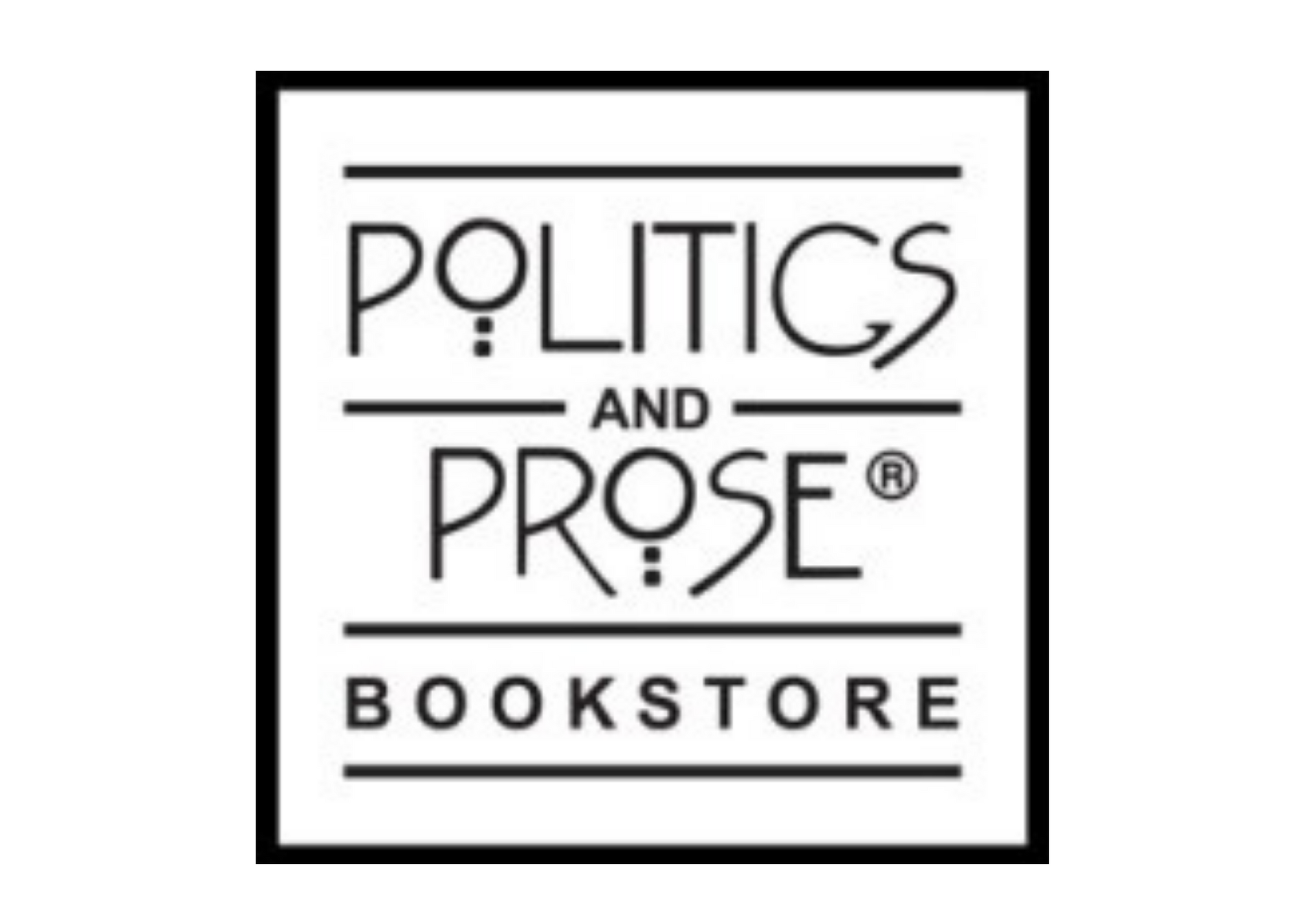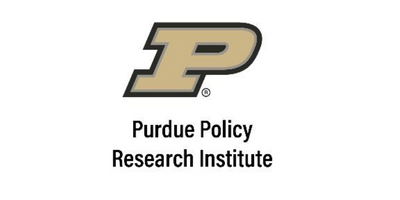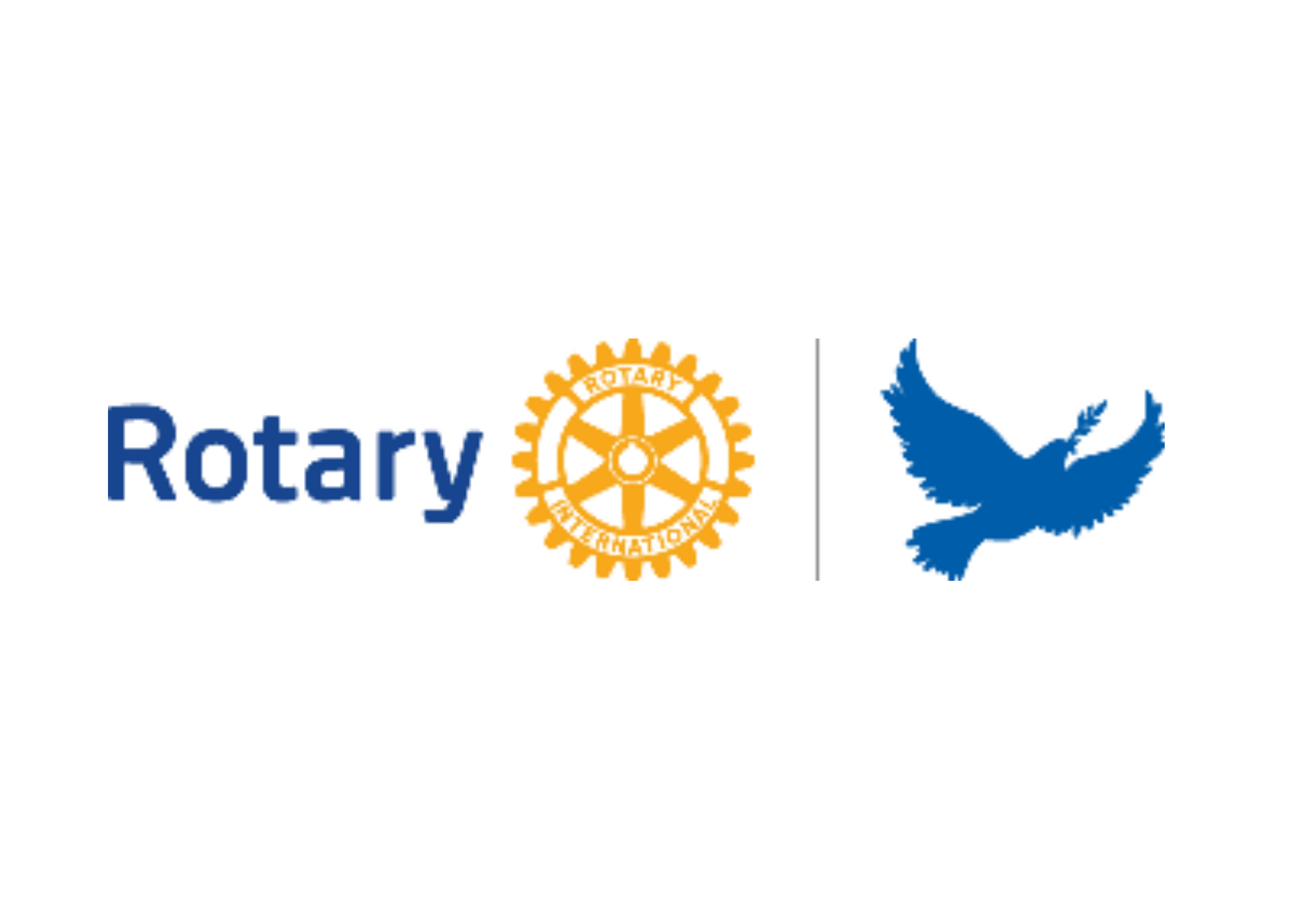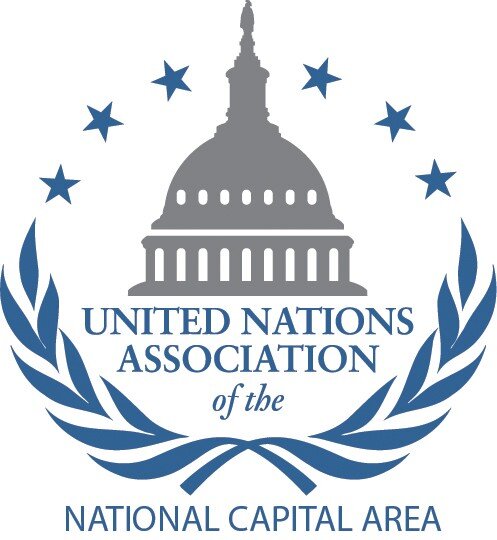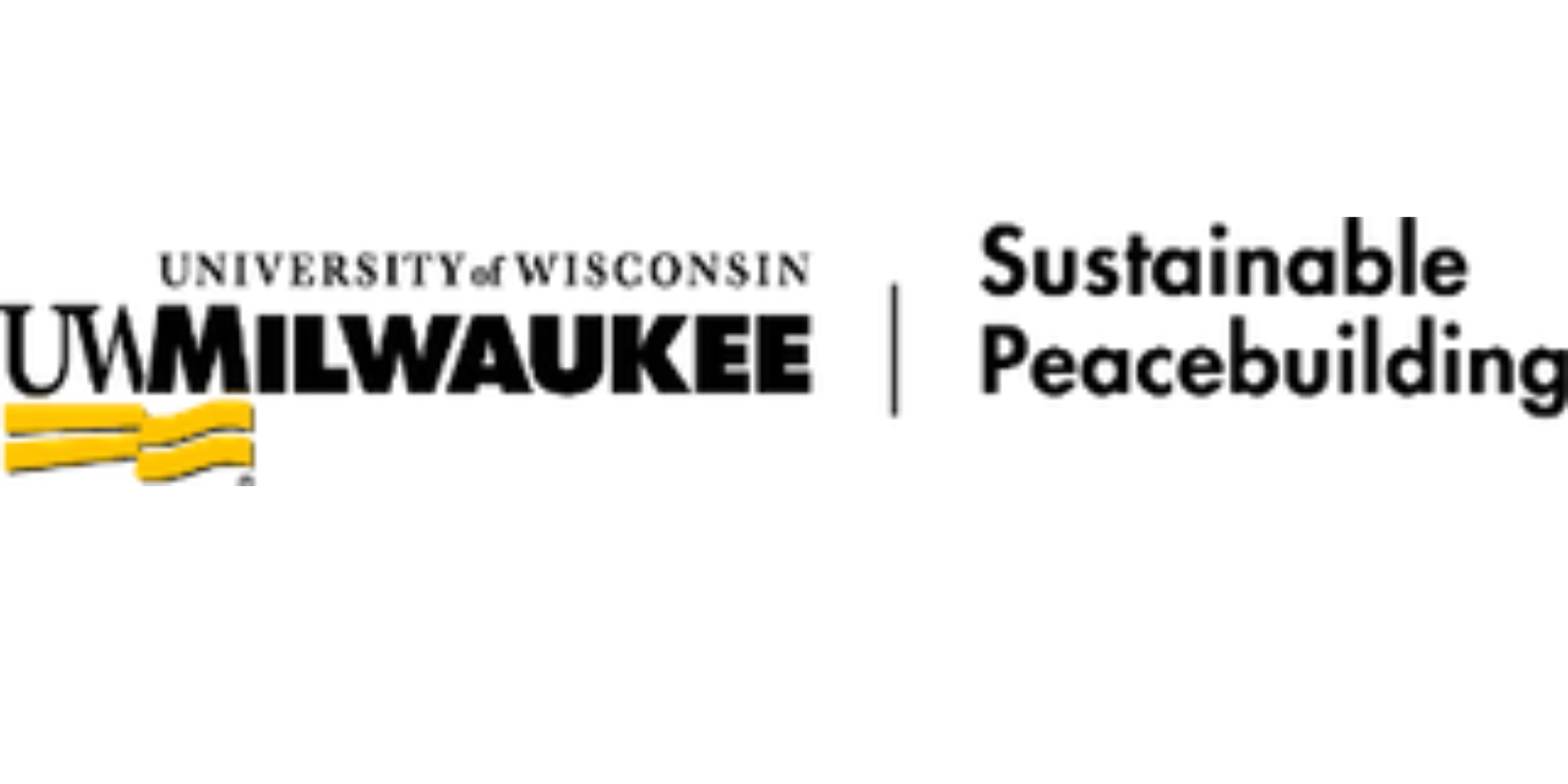PEACECON@10: COVID, CLIMATE, & CONFLICT:
RISING TO THE CHALLENGES OF A DISRUPTED WORLD
1,600 Participants
120 Countries
On behalf of all of us at AfP, we would like to express our deep appreciation for the tremendous participation and collaboration from all of the attendees, speakers, and co-organizers at PeaceCon@10 COVID, Climate, and Conflict: Rising to the Challenges of a Disrupted World, in partnership with the United States Institute for Peace
This year’s conference featured more diverse topics and perspectives than ever before and the reach was truly amazing! PeaceCon@10 brought in more than 1,600 participants from 120 countries, representing a dynamic cross-section of civil society, bilateral and multilateral donors and policymakers, lawmakers, philanthropy, the private sector, and academia. PeaceCon’s hashtag #RiseToBuildPeace reached nearly 21 million people. The social media campaign hashtag #WeBuildPeace on the second day of the conference based on new peace narrative research reached more than 1.5 million people.
DAY 1 PEACECON@10
Day 1 of PeaceCon@10, held in partnership with USIP, opened with welcoming remarks from AfP’s Executive Director Liz Hume, AfP Board Chair and Executive Committee Member Julia Roig, and USIP President and CEO Lise Grande. These opening remarks framed the chief obstacles to sustainable peace—including climate change, the COVID-19 pandemic, and spiking violent conflict—and called on the peacebuilding field to come together to achieve the big and bold ideas necessary to address these challenges to build sustainable peace.
United Nations Deputy Secretary-General Amina J. Mohammed delivered the opening keynote, reminding us all that “only together, can we build a more resilient, sustainable, just, prosperous, and peaceful world.” The opening plenary session concluded with a panel discussion on the need to integrate conflict prevention and climate action, as well as link policy discussions around both climate change and fragility, featuring USAID Climate Change Coordinator Gillian Caldwell, esteemed climate journalist Andrew Revkin, Ambassador Fred Ngoga of the African Union, Karuna Center for Peacebuilding Executive Director Polly Byers, and International Committee of the Red Cross Africa Regional Director Patrick Youssef.
Day 1 closed with a fireside chat between AfP’s Liz Hume, USIP’s Lise Grande, and Rob Jenkins, Assistant Administrator Bureau of Conflict Prevention/USAID, exploring how peacebuilding can move from policy to practice, including implementation of the Global Fragility Act (GFA) and how to make the case for conflict prevention.
DAY 2 PEACECON@10
The morning plenary session of Day 2 of PeaceCon@10 began with an award ceremony for the recipients of the 3rd annual Peacebuilding Champion Award—Representatives Grace Meng (D-NT) and John R. Curtis (R-UT)—which recognized their bipartisan leadership on the Youth, Peace, and Security (YPS) Act. The session presented the findings of a three-year social science research initiative by Humanity United, Partners Global and AfP with the Frameworks Institute about the most impactful peacebuilding narrative frames. Attendees took part in a social media campaign activation as part of the research unveiling, sharing photos of what peacebuilding looks like to them using the #WeBuild Peace (reaching more than 1.5 million people!).
In the afternoon plenary session of Day 2, Peace Catalyst presented the recipients of the 2022 Rick Love Peace Awards, and AfP honored Velma Šarić of the Post-Conflict Research Center with the inaugural Local Peacebuilder Award, which recognizes that locally-led peacebuilding (LLPB) is critical to preventing and reducing violent conflict and building sustainable peace. Award-winning author, peacebuilder, and researcher Séverine Autesserre then delivered a keynote on her new book The Frontlines of Peace, which argues that real, lasting peace requires giving the power over to ordinary citizens.
DAY 3 PEACECON@10
The morning plenary of the final day of PeaceCon@10 began by honoring Jesse Morton, Parallel Networks (posthumously), and Patricia Shafer, NewGen Peacebuilders / the Youth and Peace in Action Initiative, with the Melanie Greenberg U.S. Peacebuilding Award Of Excellence, for their respective efforts to prevent and reduce violent extremism and foster peace education. A panel discussion followed on how to rebuild and renew democracy in the U.S., featuring Stephen Heintz, CEO Rockefeller Brothers Fund, Theo Sitther of AfP, Dr. Robert Pape, UChicago CPOST, Michelle Barsa, Beyond Conflict, Jared Holt, Atlantic Council, Stacia George, Carter Center, and Ashley Quarcoo, Partnership for American Democracy.
PeaceCon@10 concluded with a keynote and Q&A featuring international bestselling science fiction writer Kim Stanley Robinson, who through the lens of his new book The Ministry for the Future discussed how the peacebuilding community can leverage the imaginings of science fiction to determine what we, as a human society, can do to rise to the challenge of climate change.

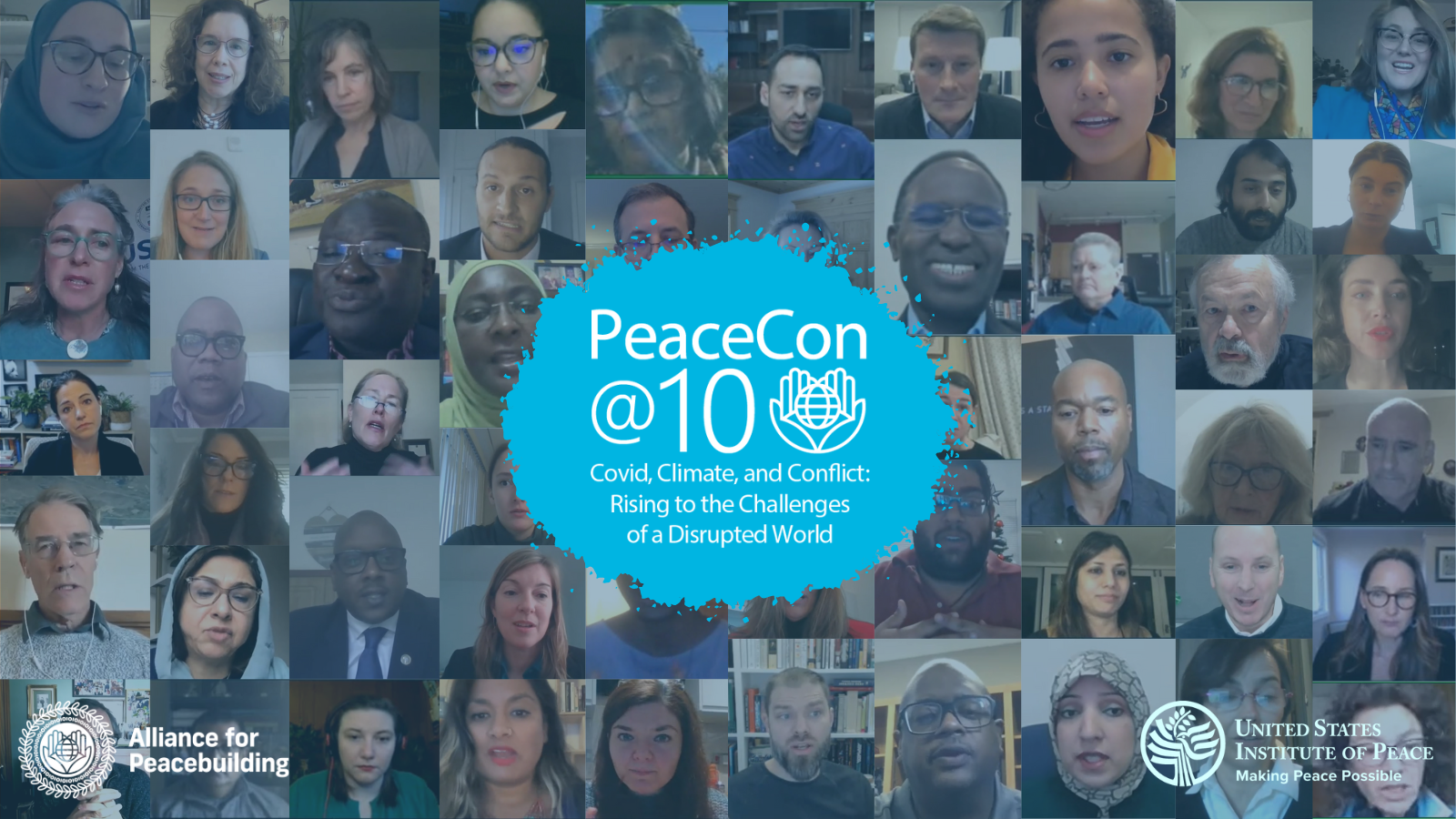
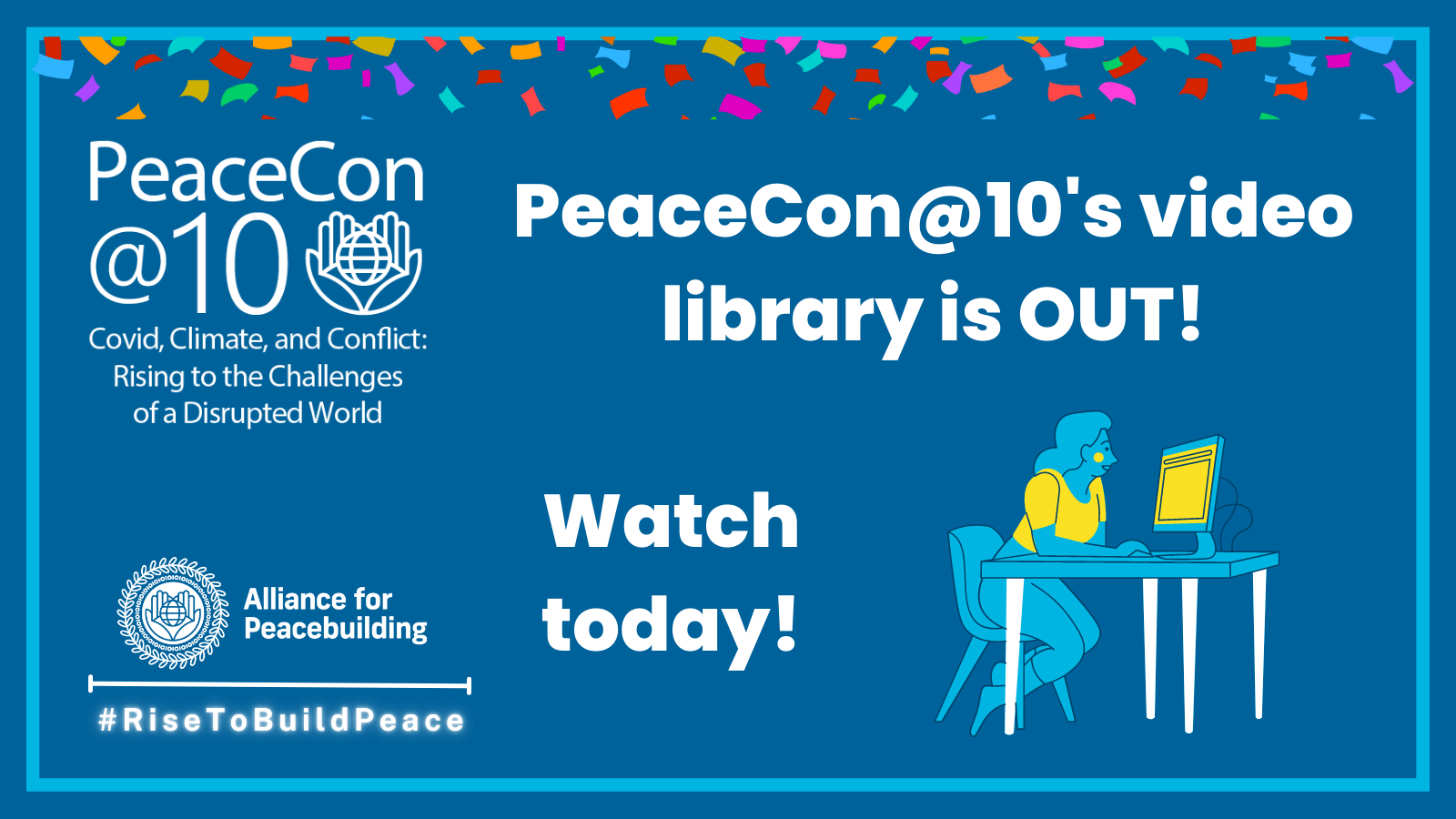
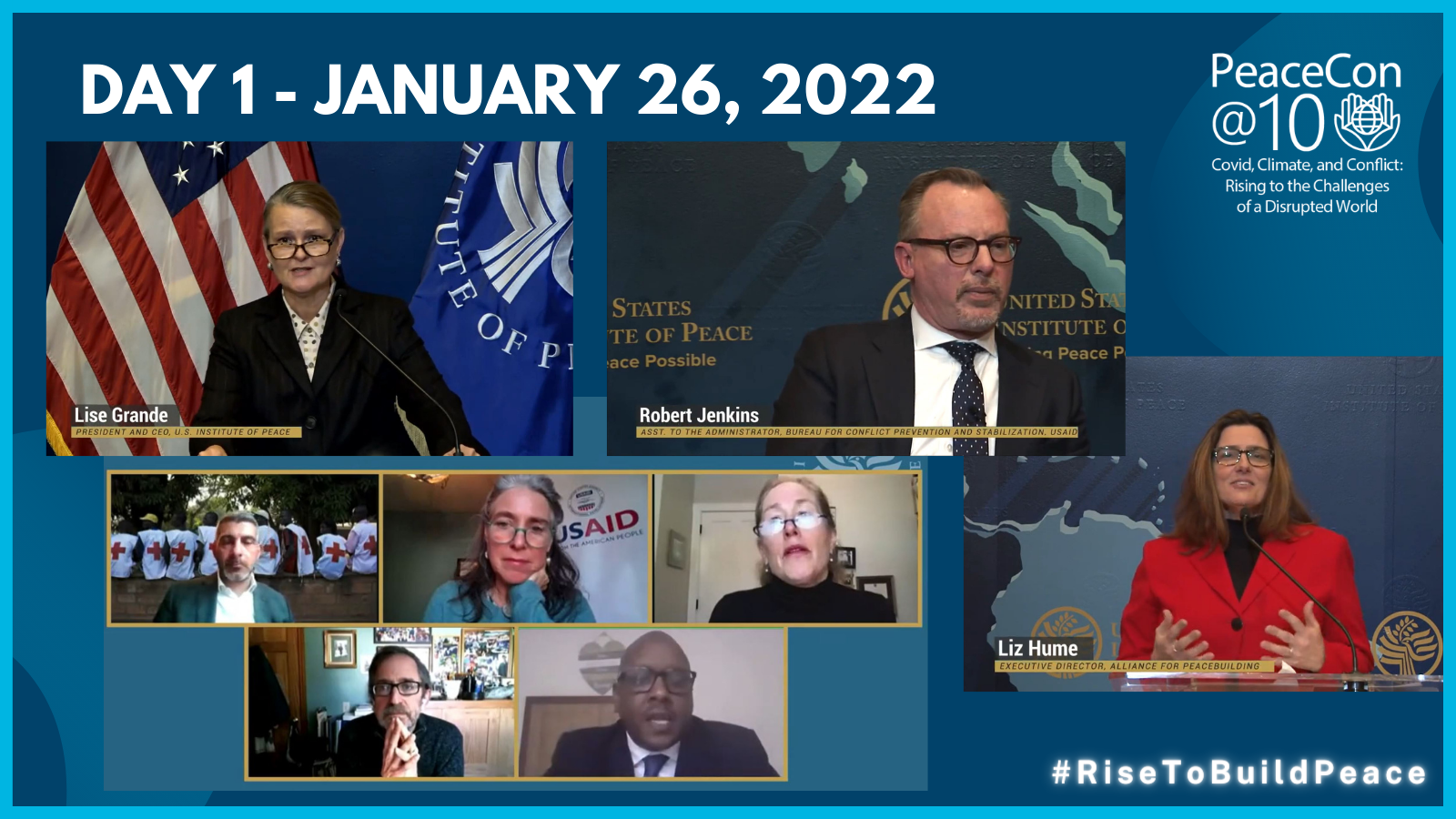
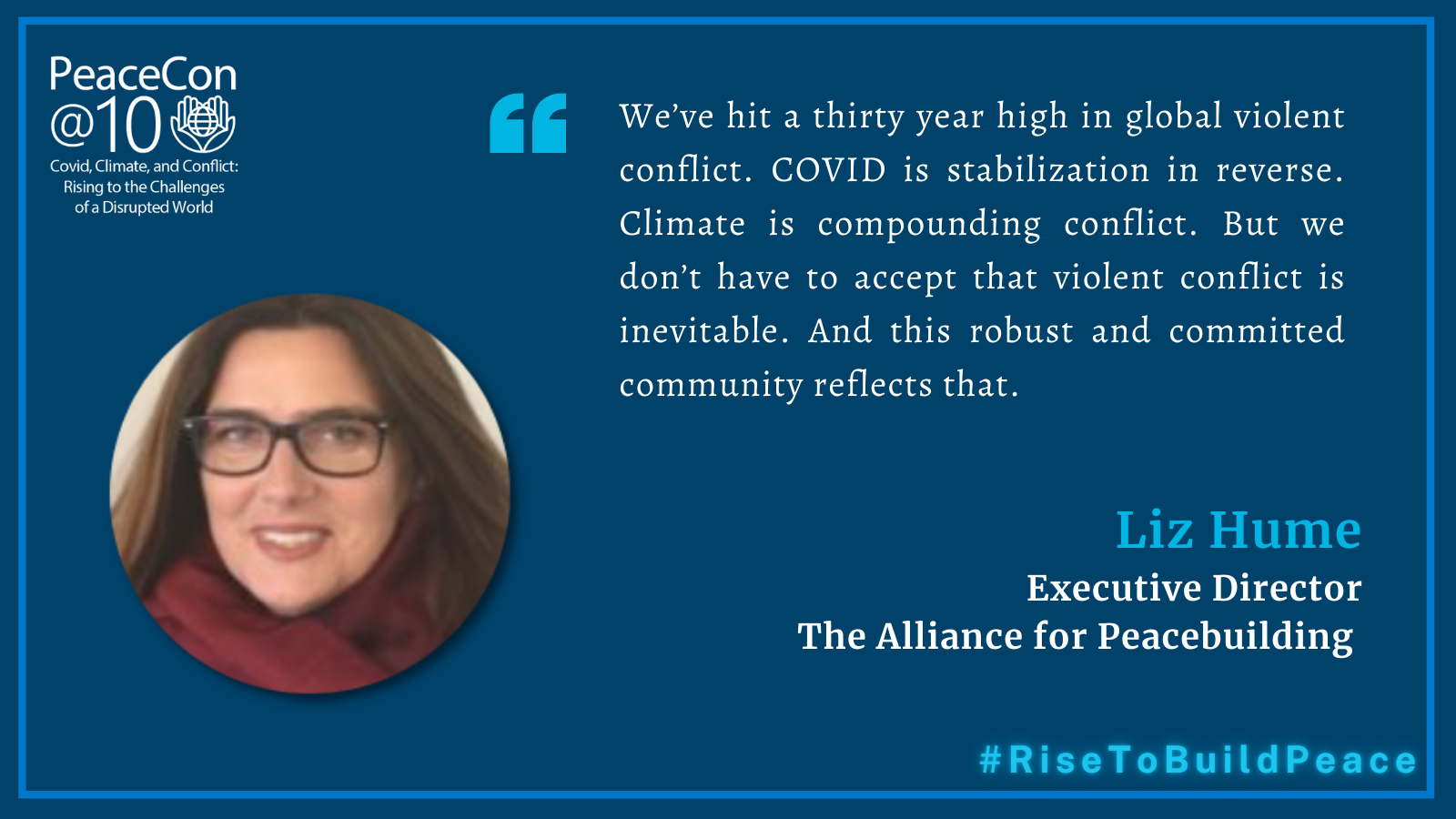
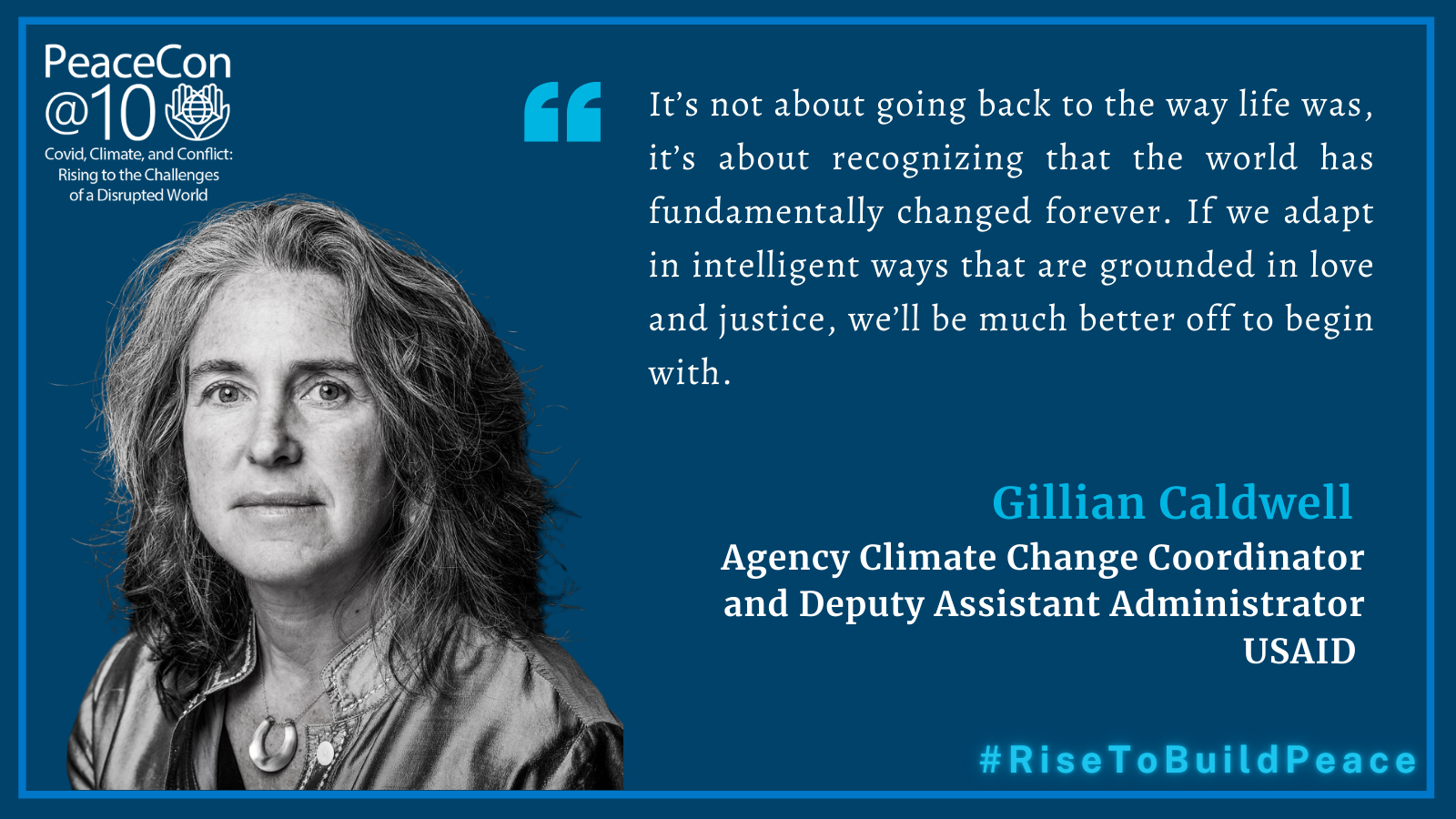
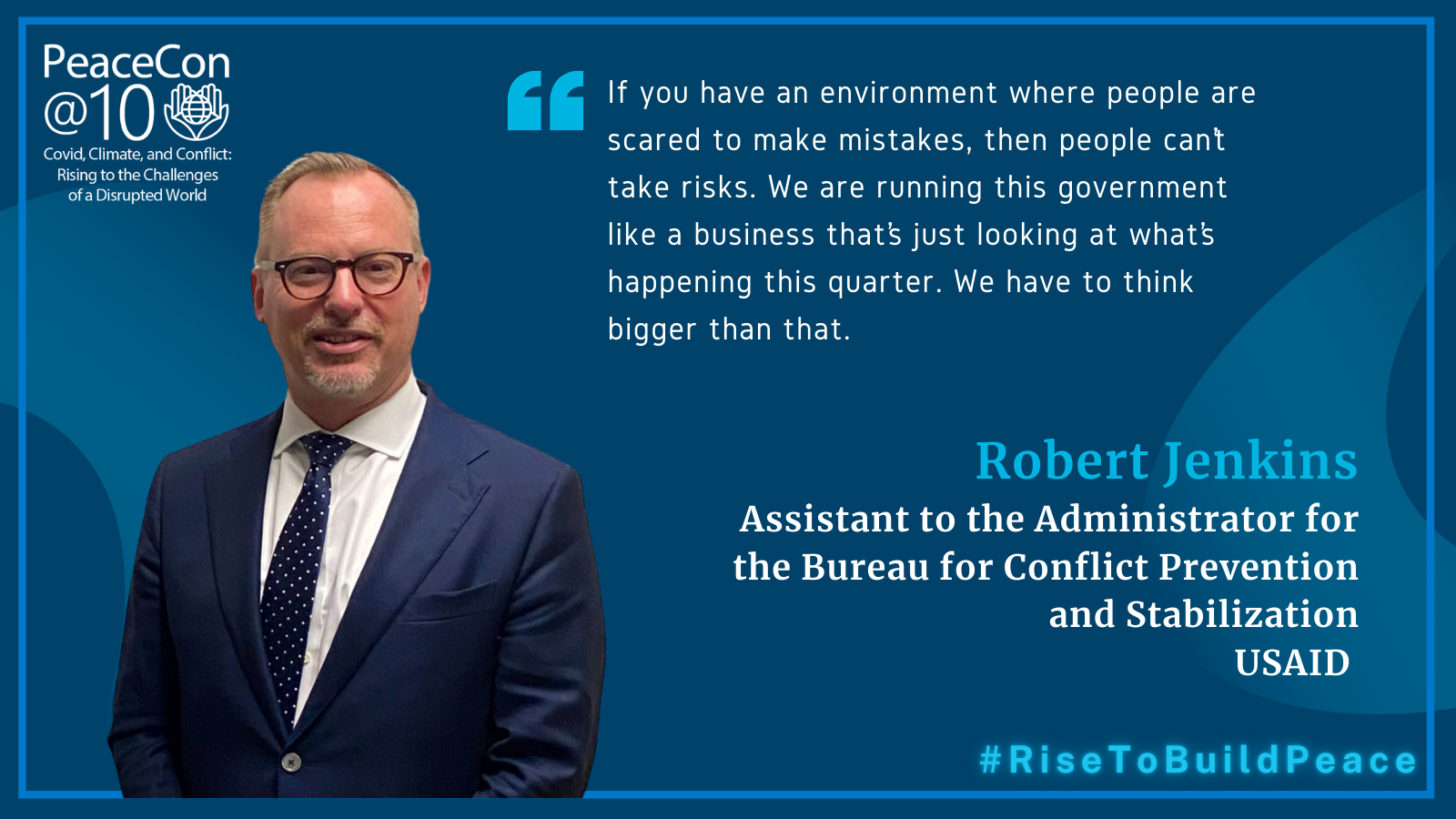

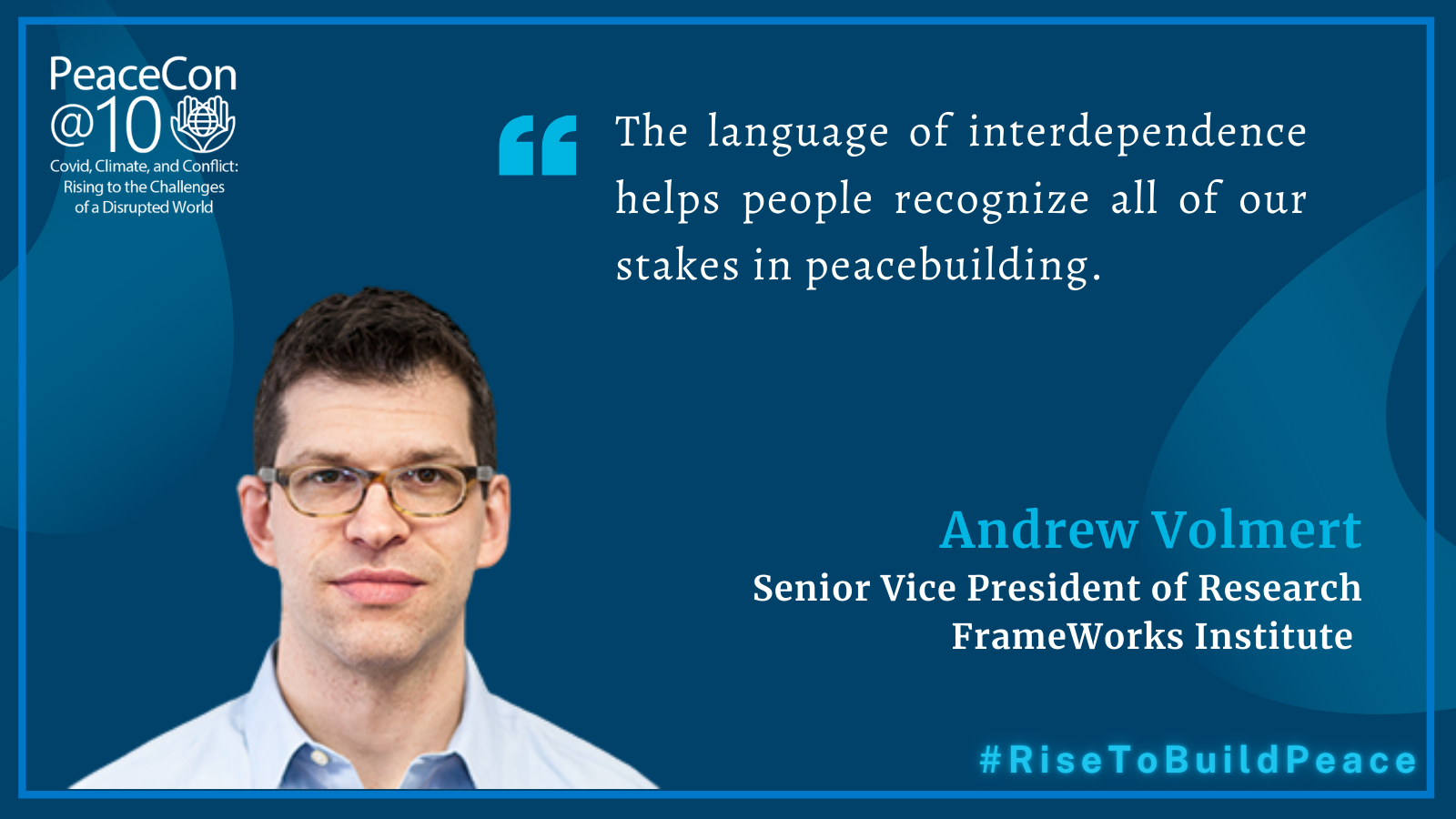
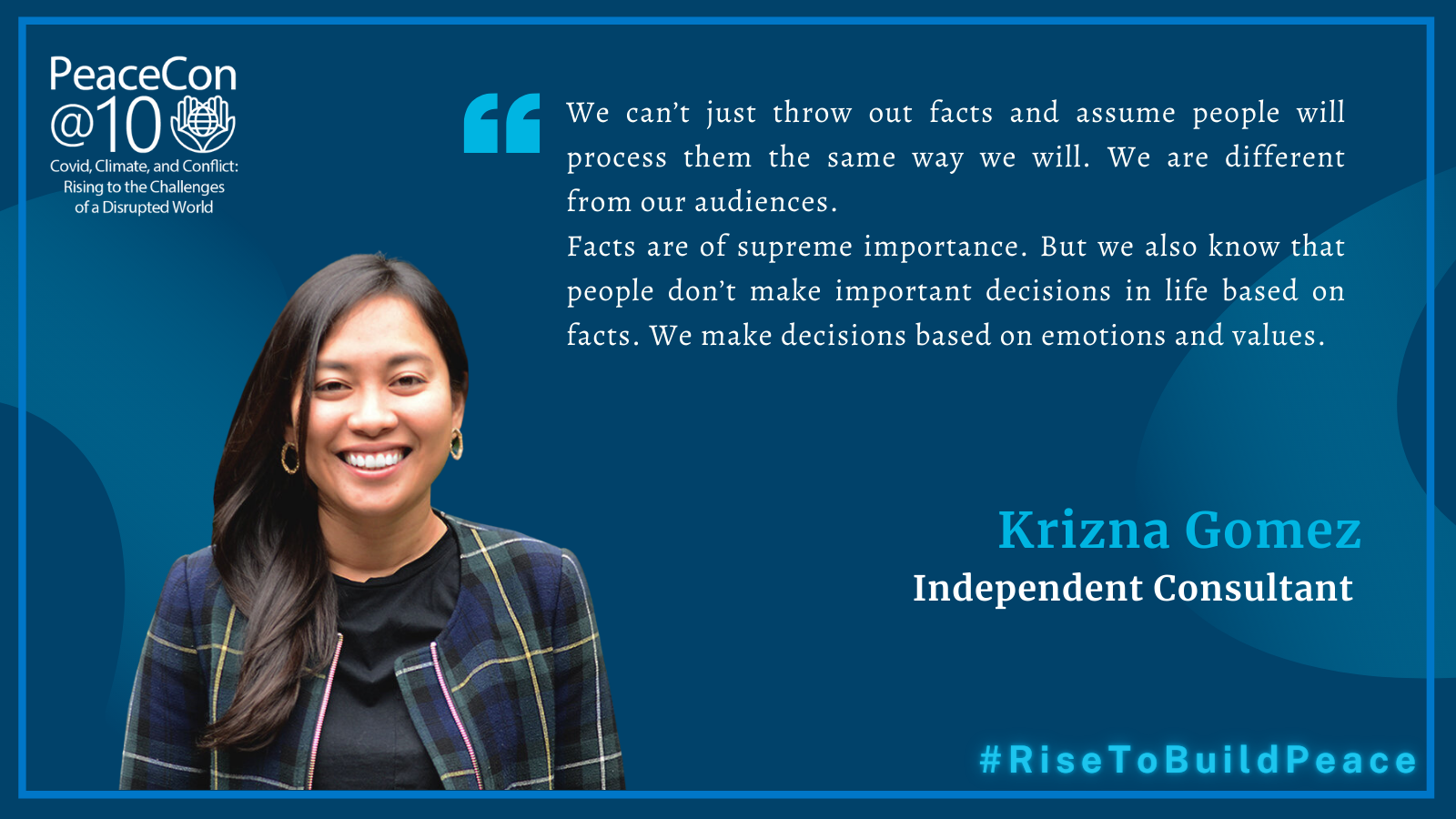
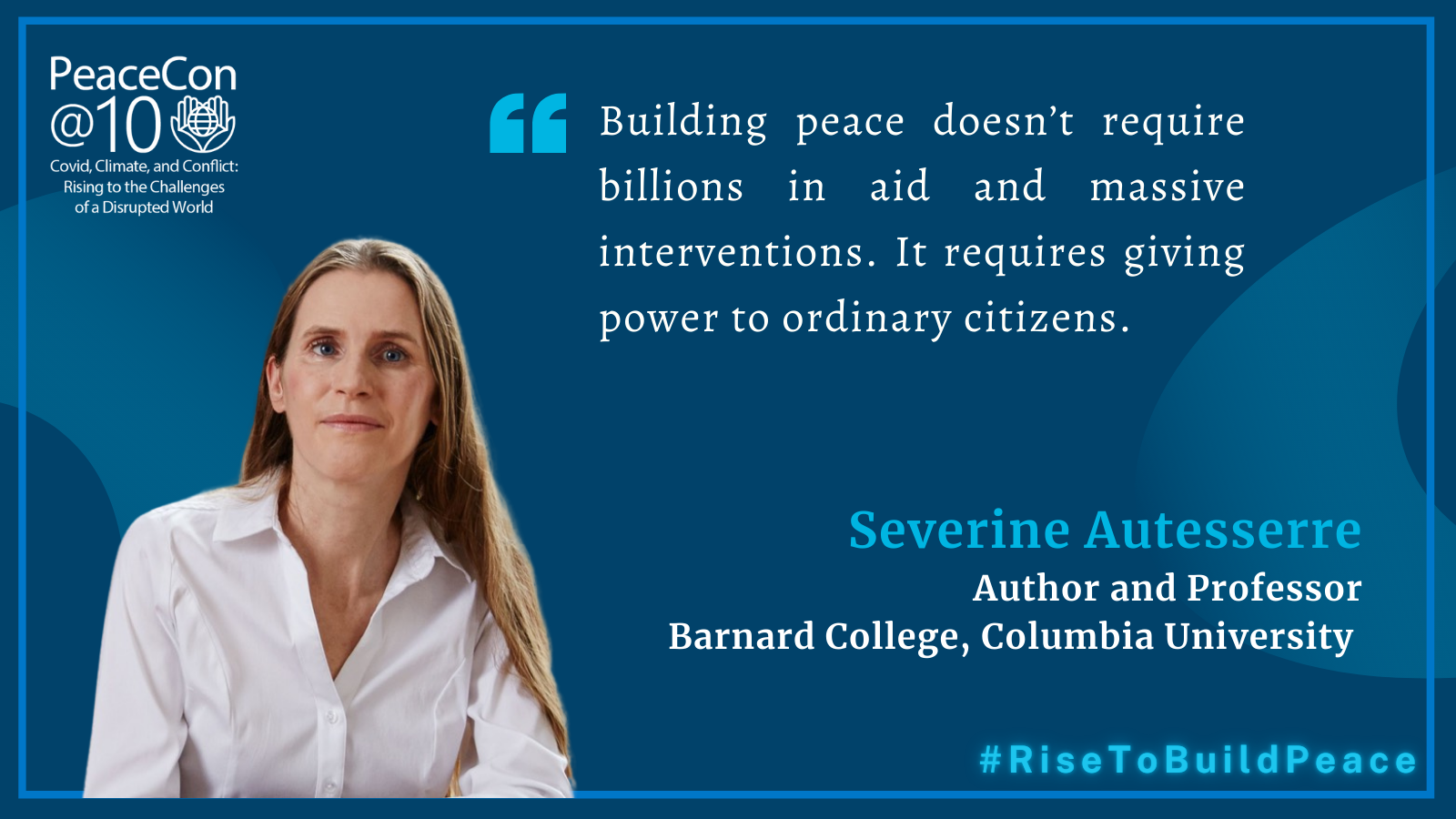
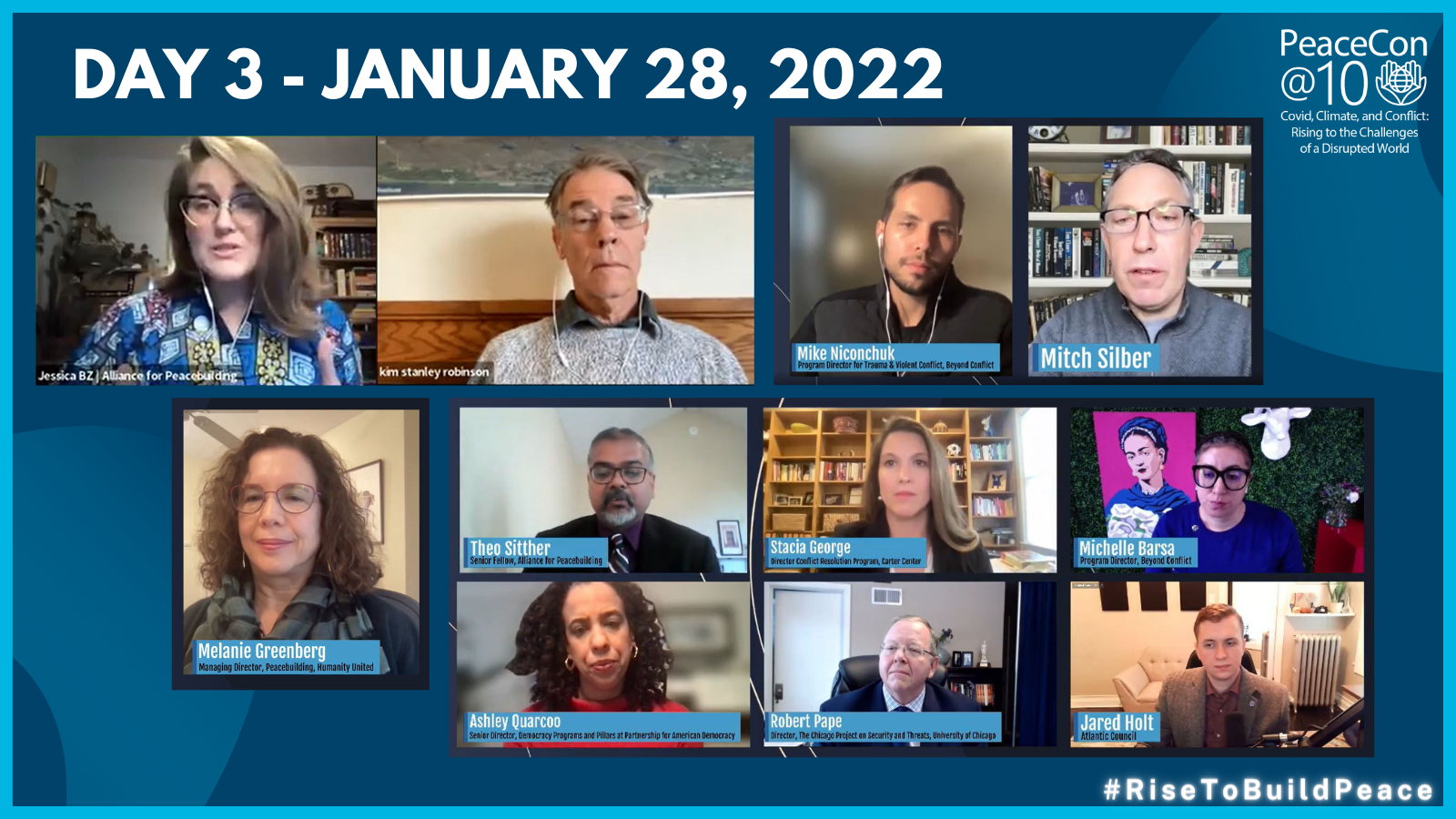
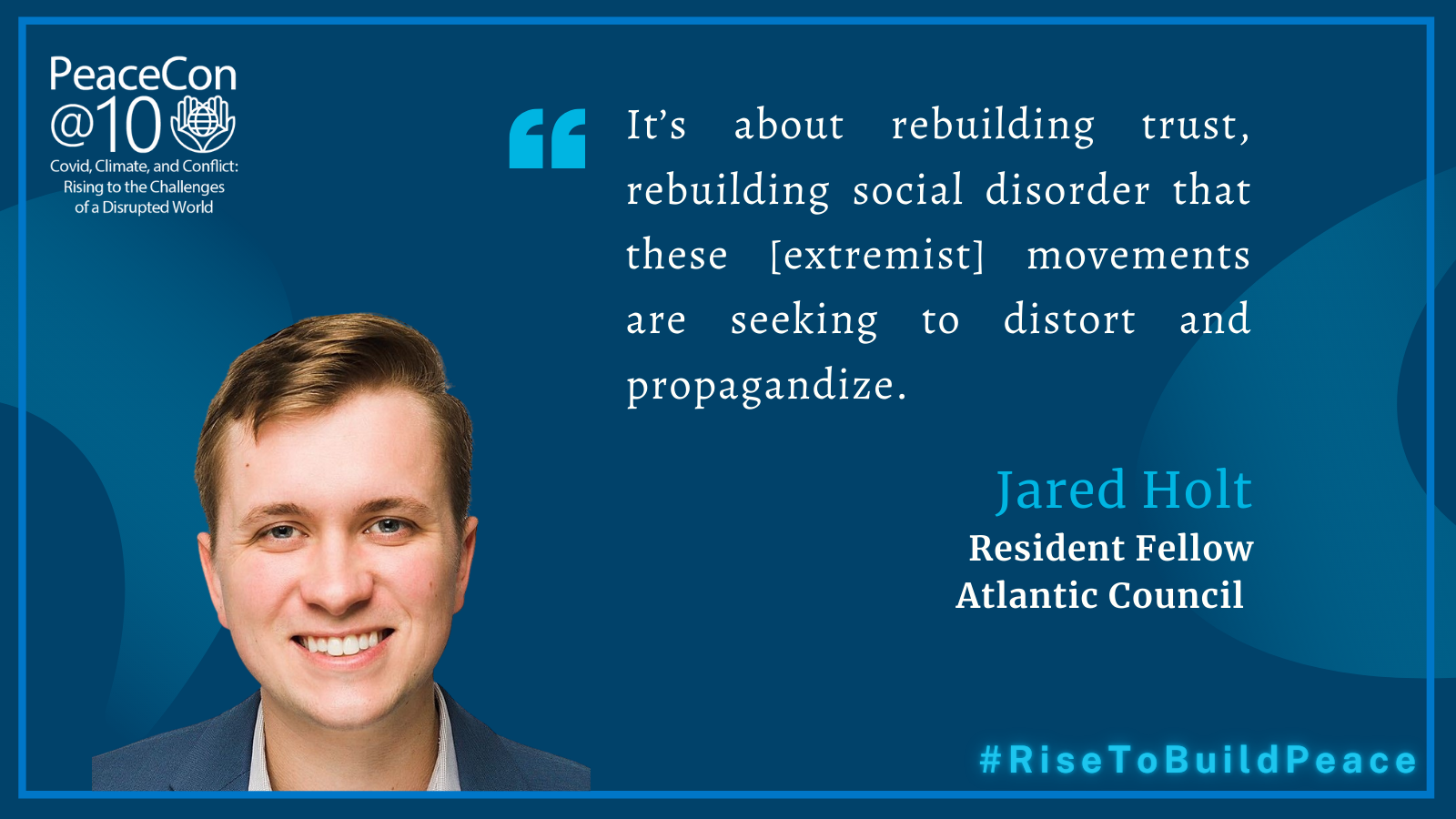
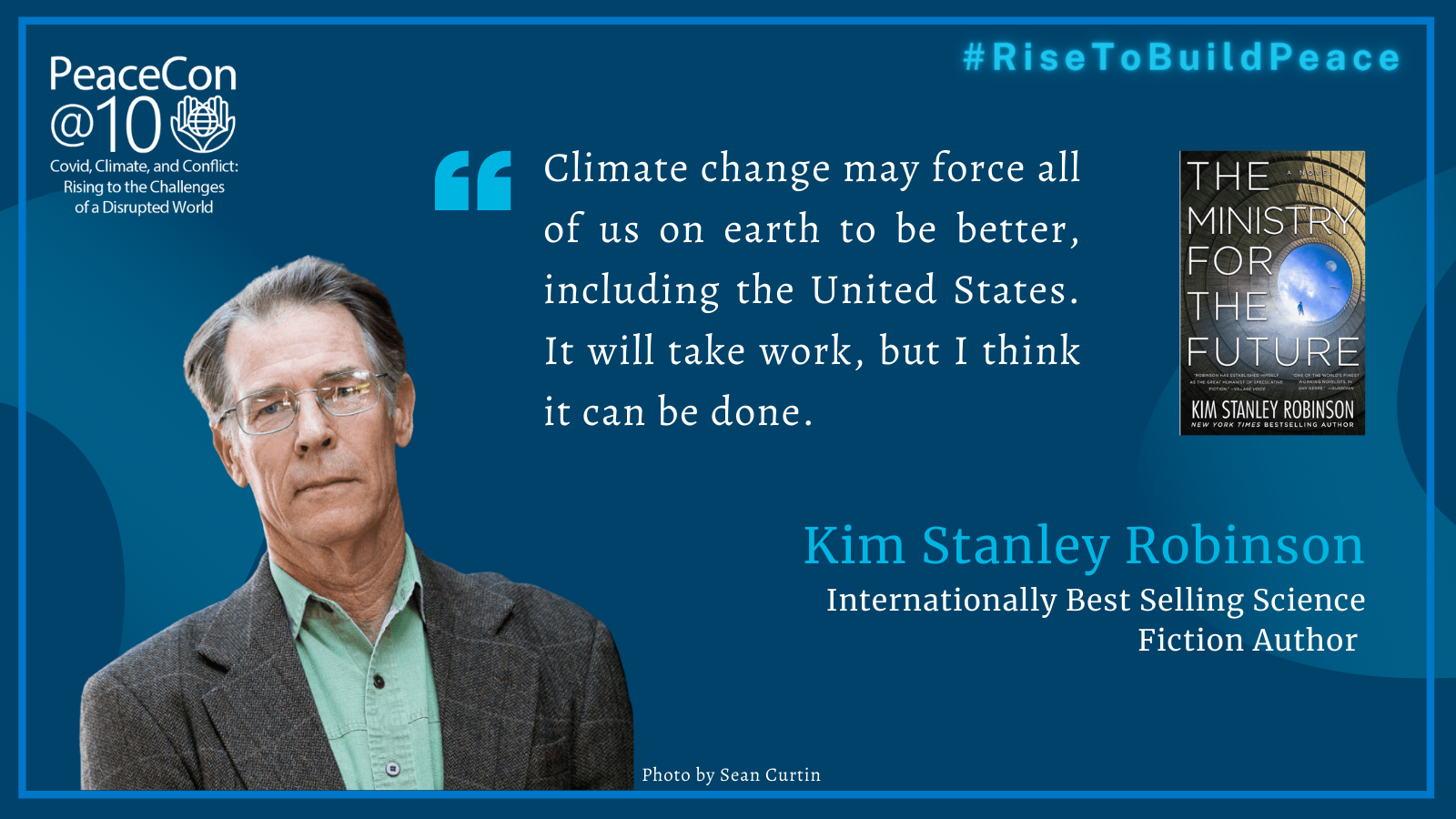
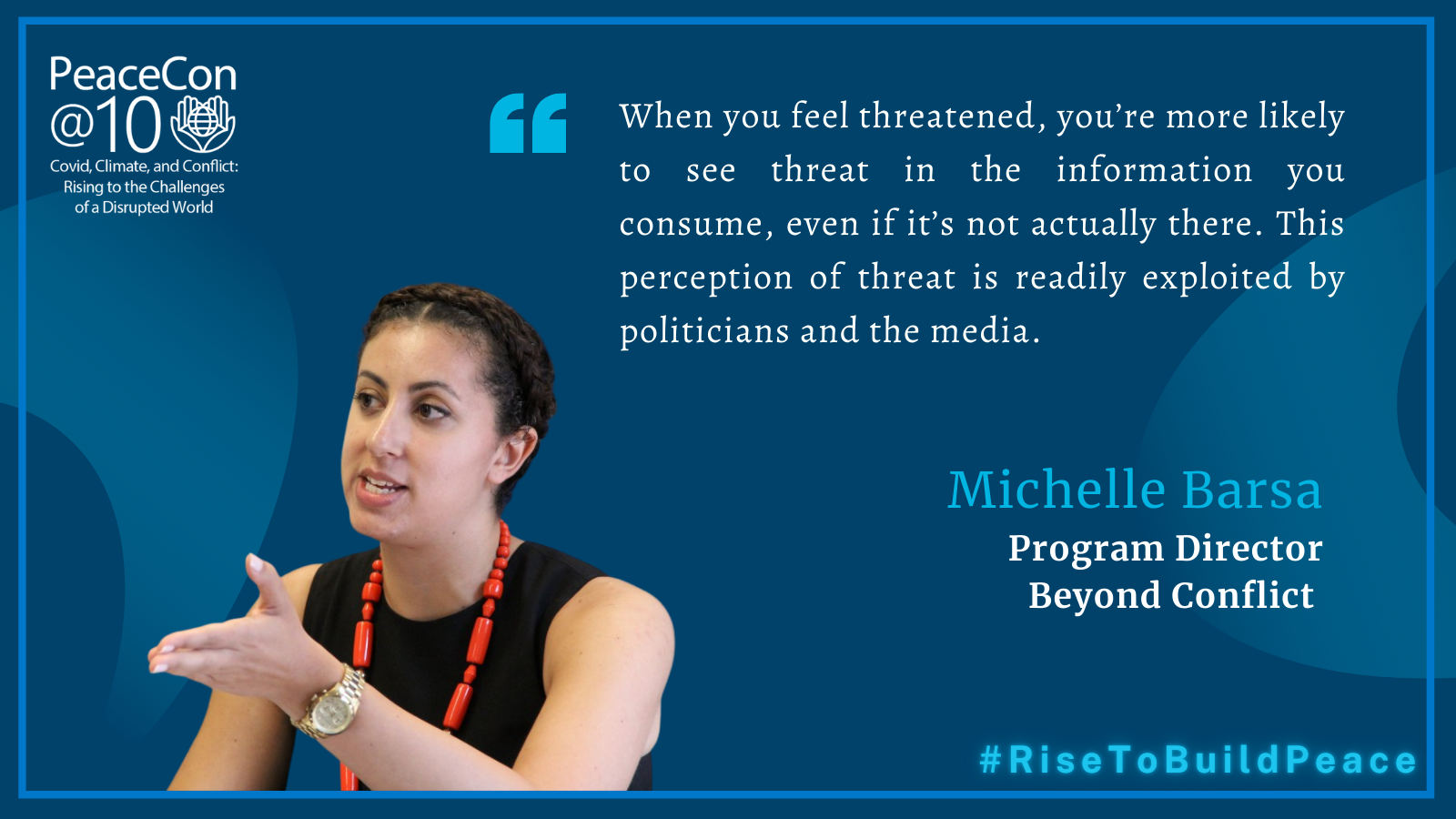
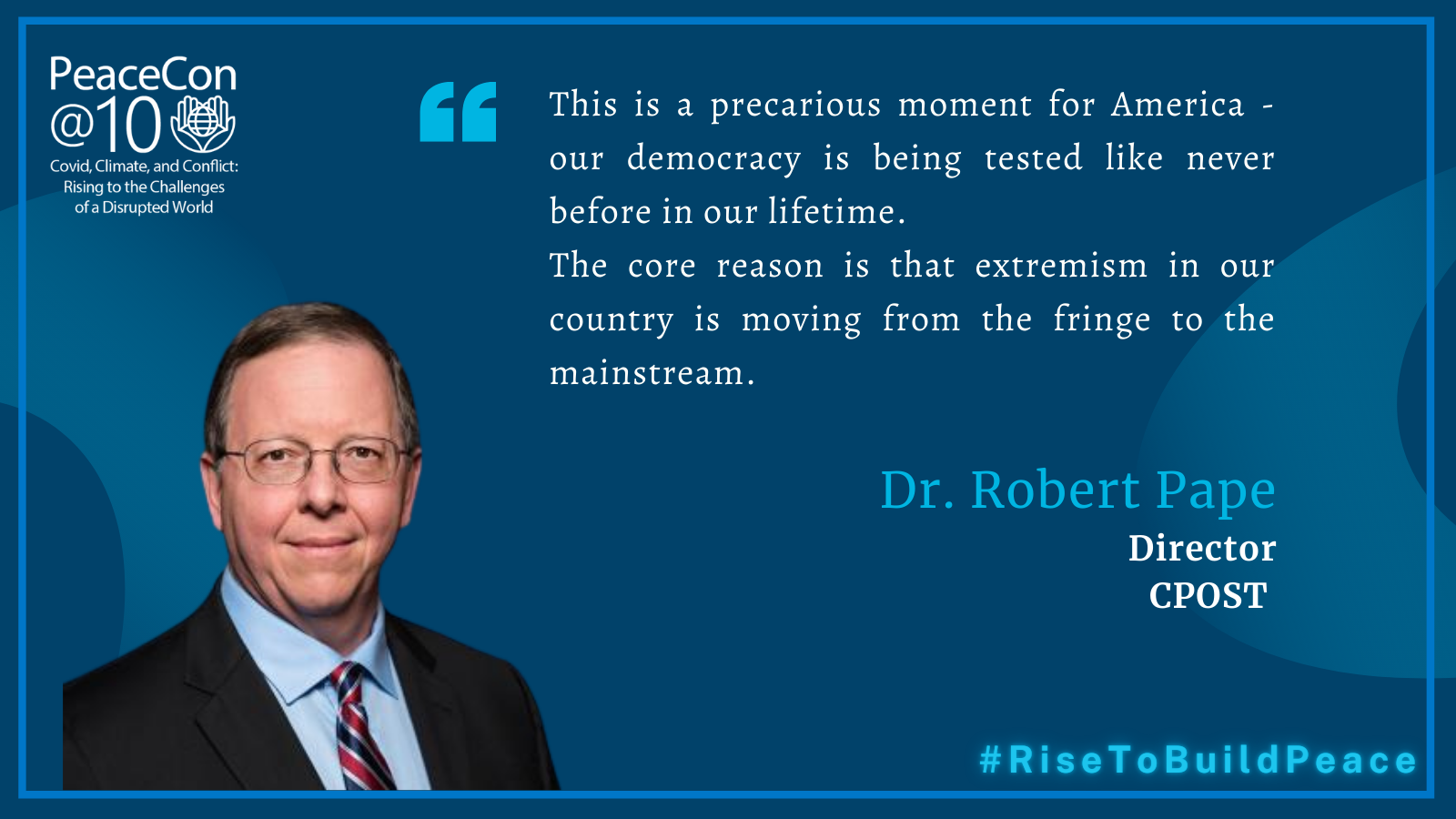
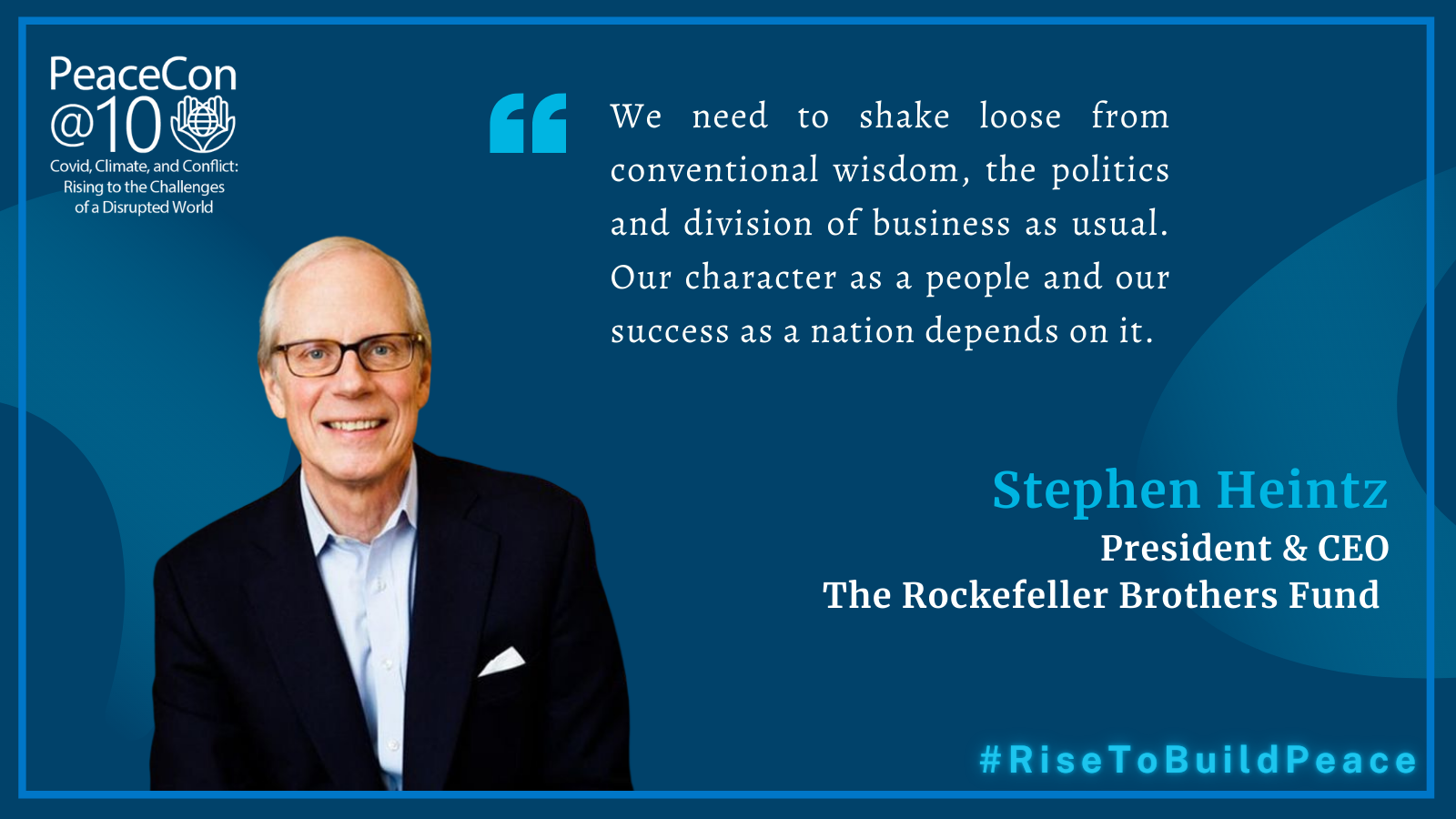

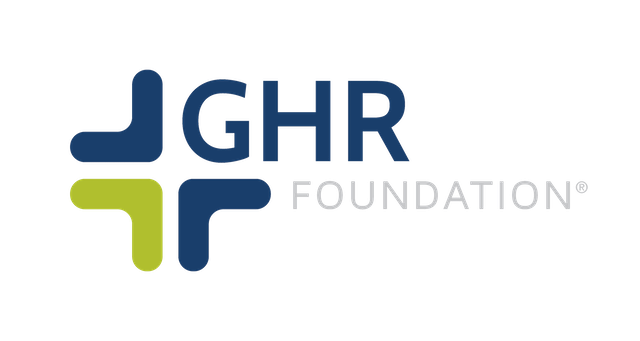
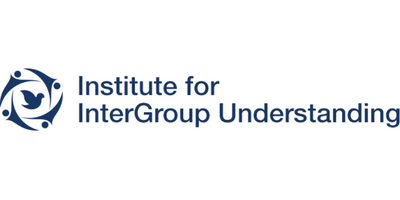
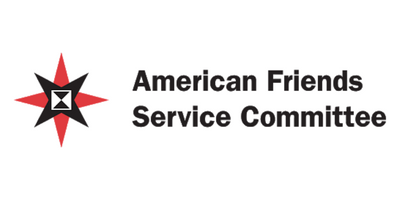
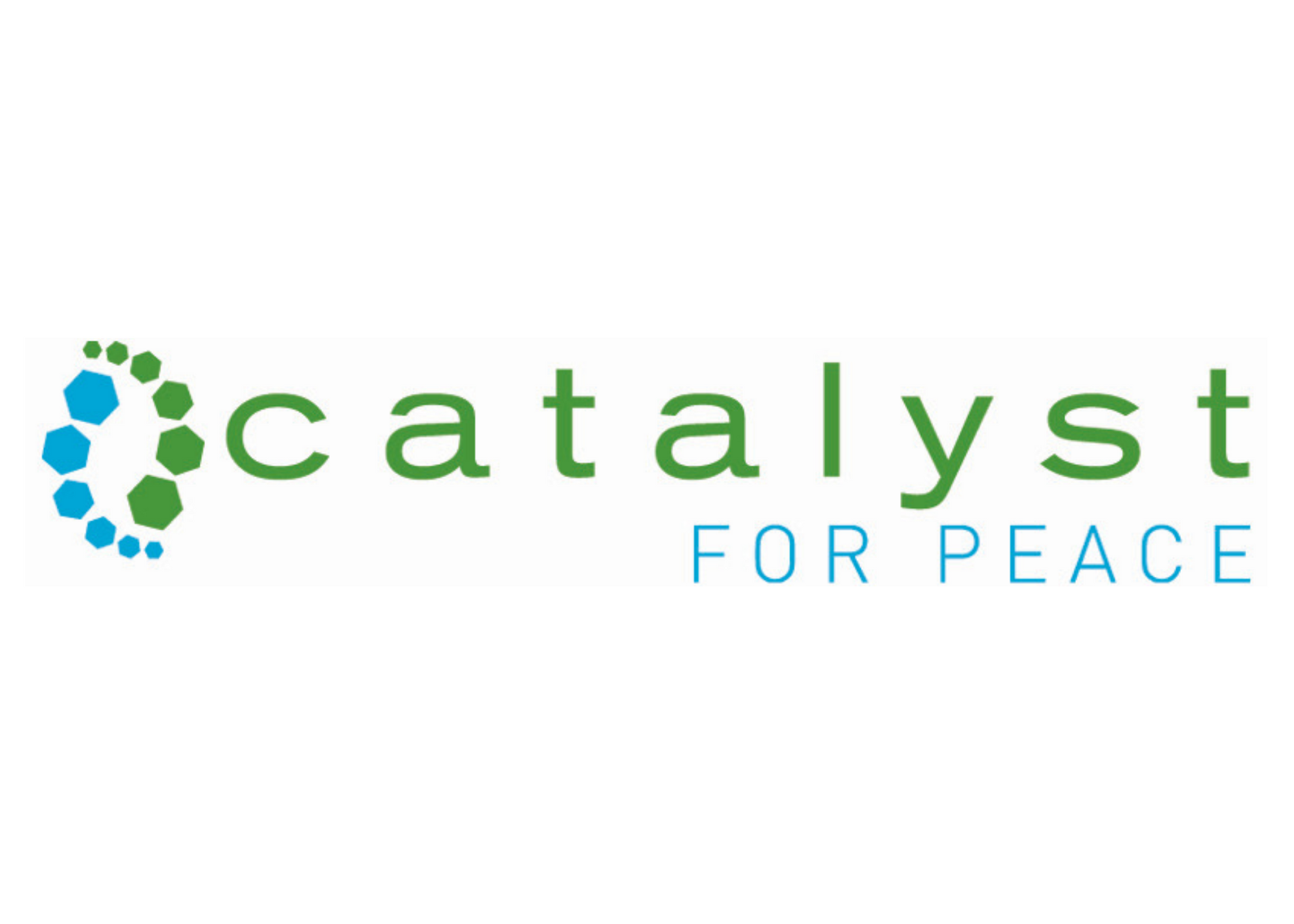


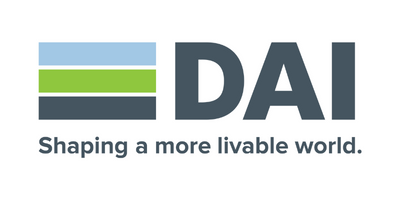

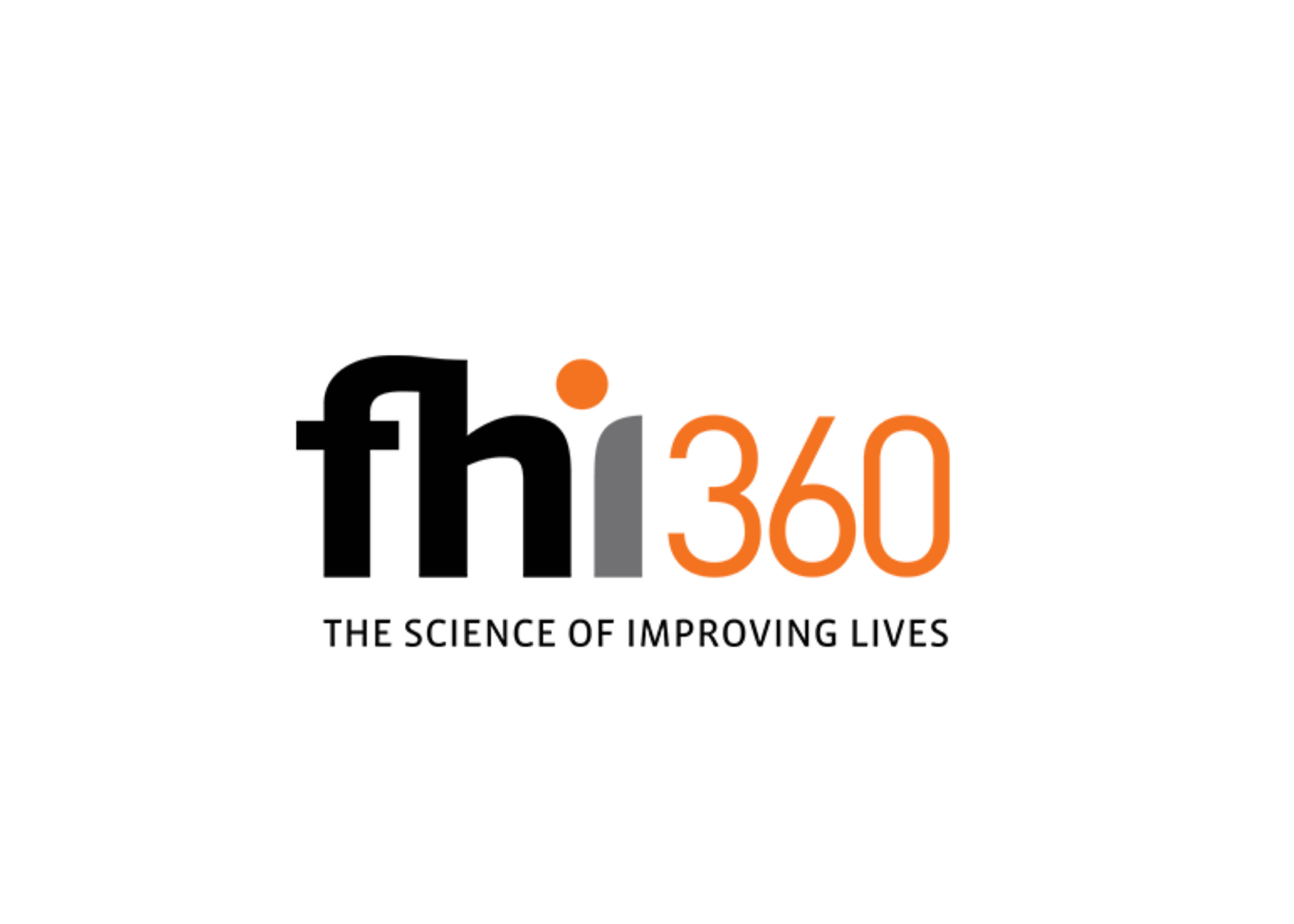
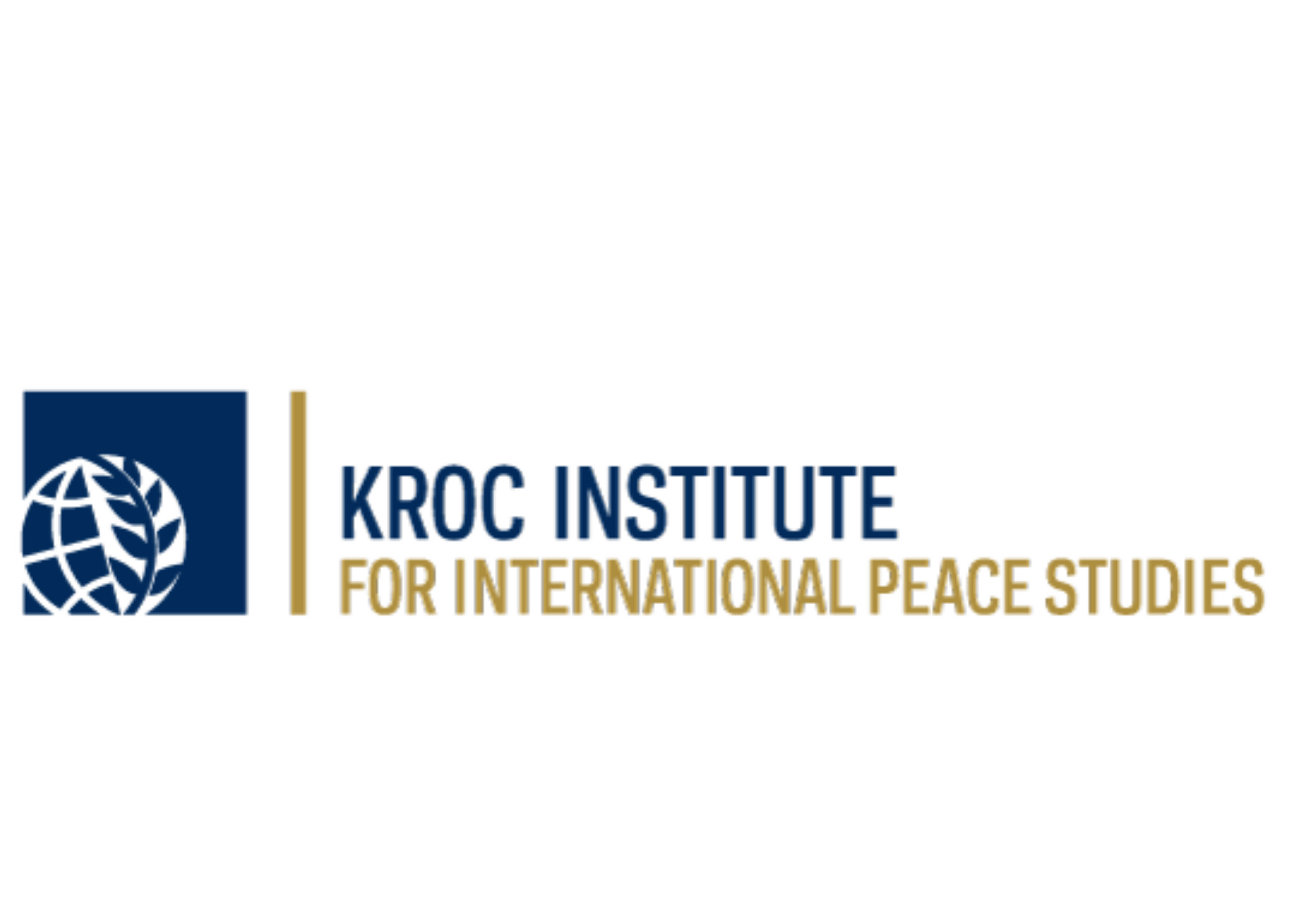
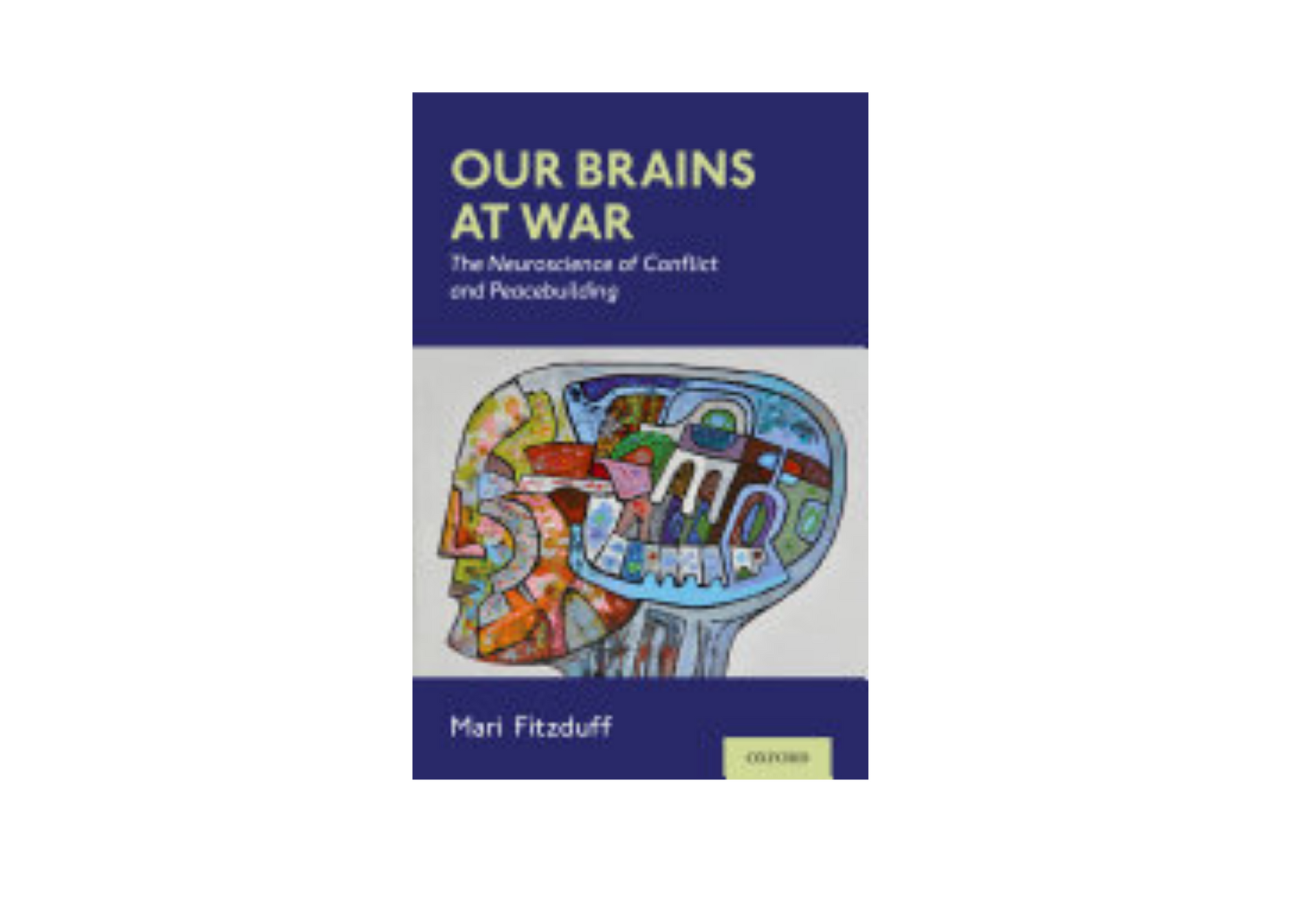

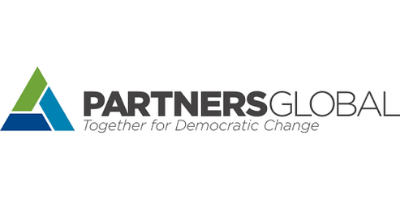


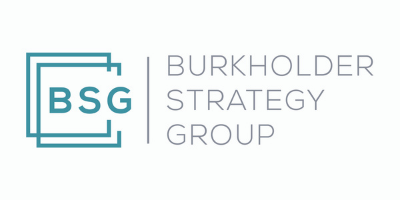


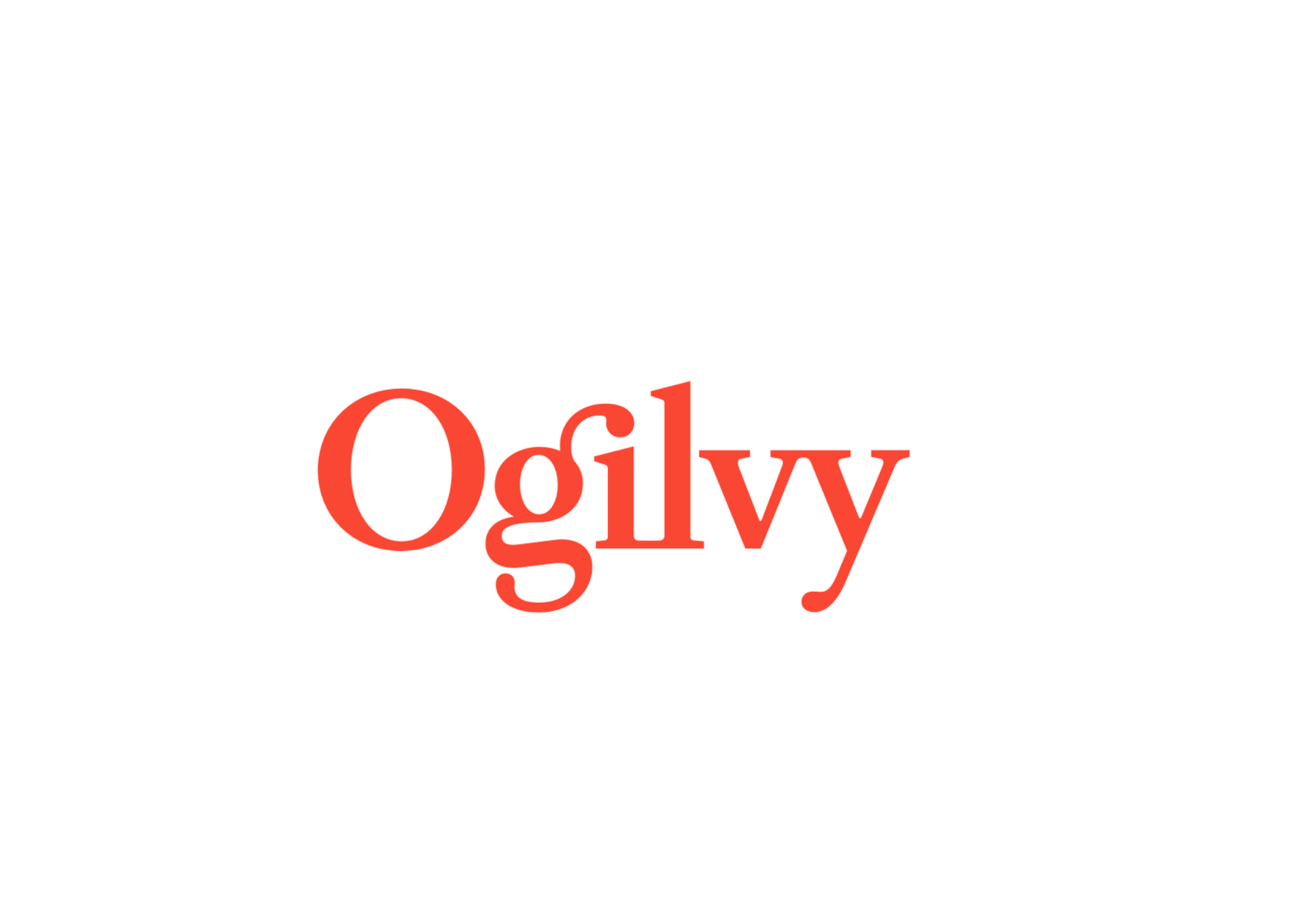

![Palladium Logo - Black Text-JPEG[2].png](https://images.squarespace-cdn.com/content/v1/5db70e83fc0a966cf4cc42ea/1638815607297-X6113ZSFA5HTTG3USQ3Y/Palladium+Logo+-+Black+Text-JPEG%5B2%5D.png)




